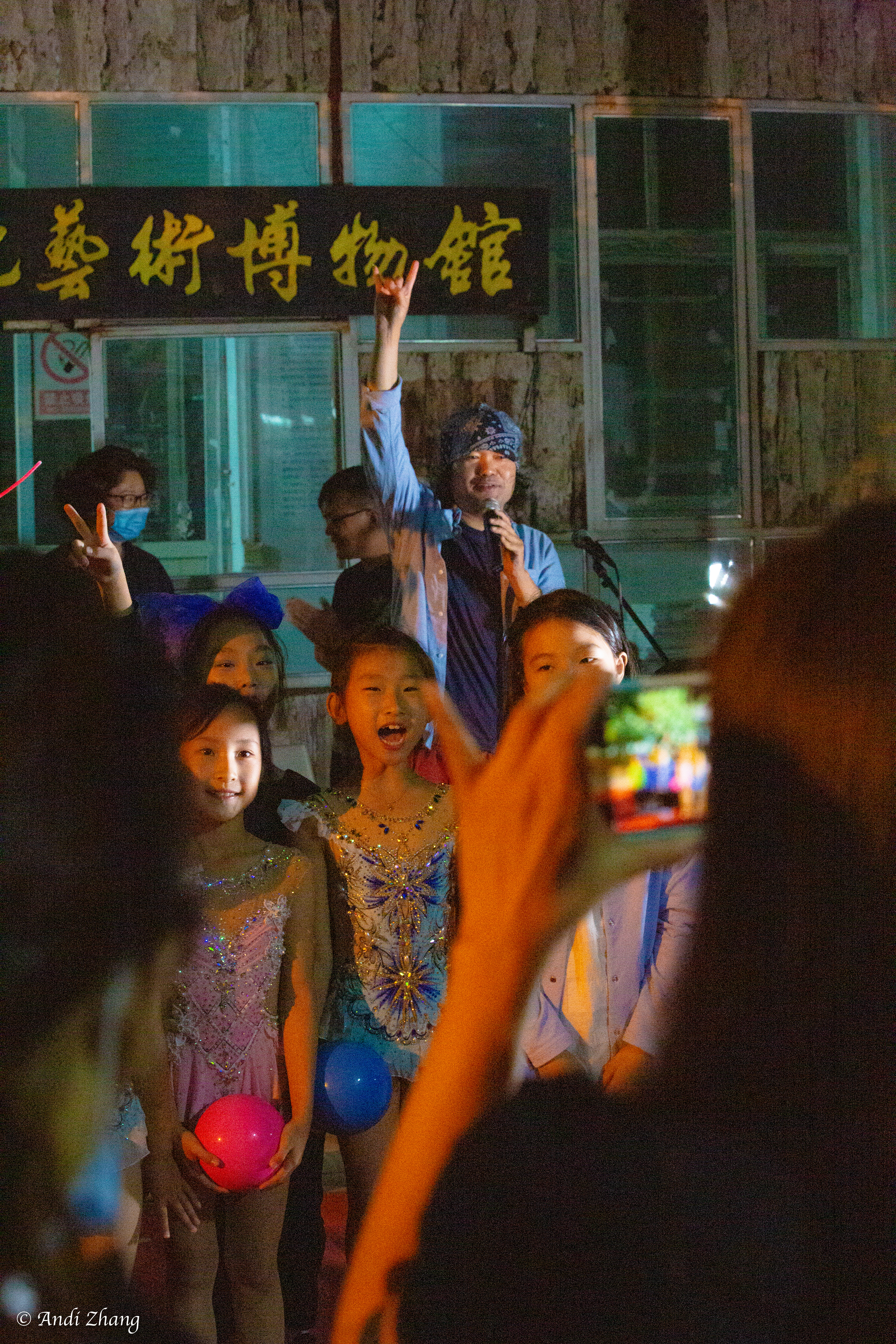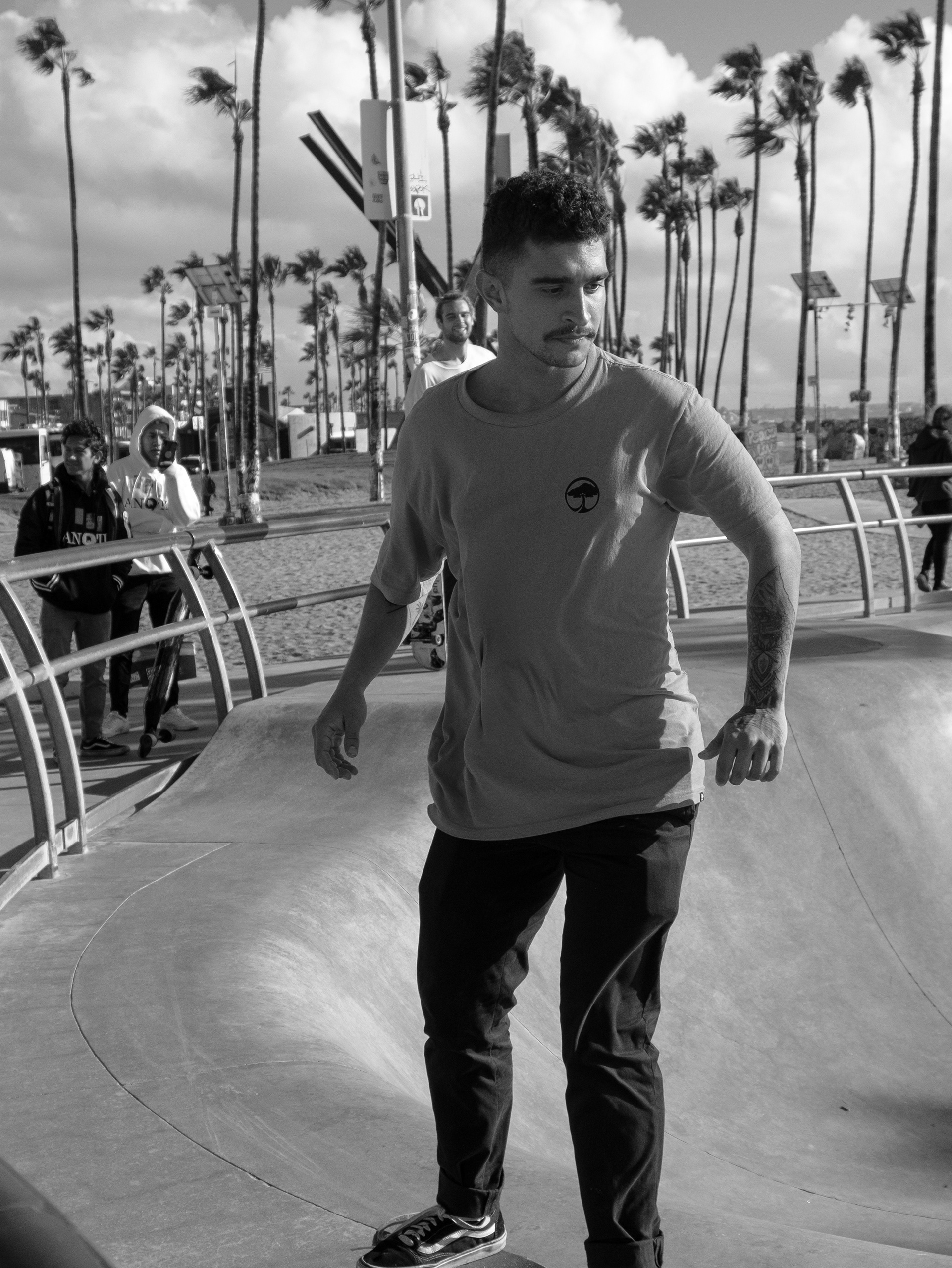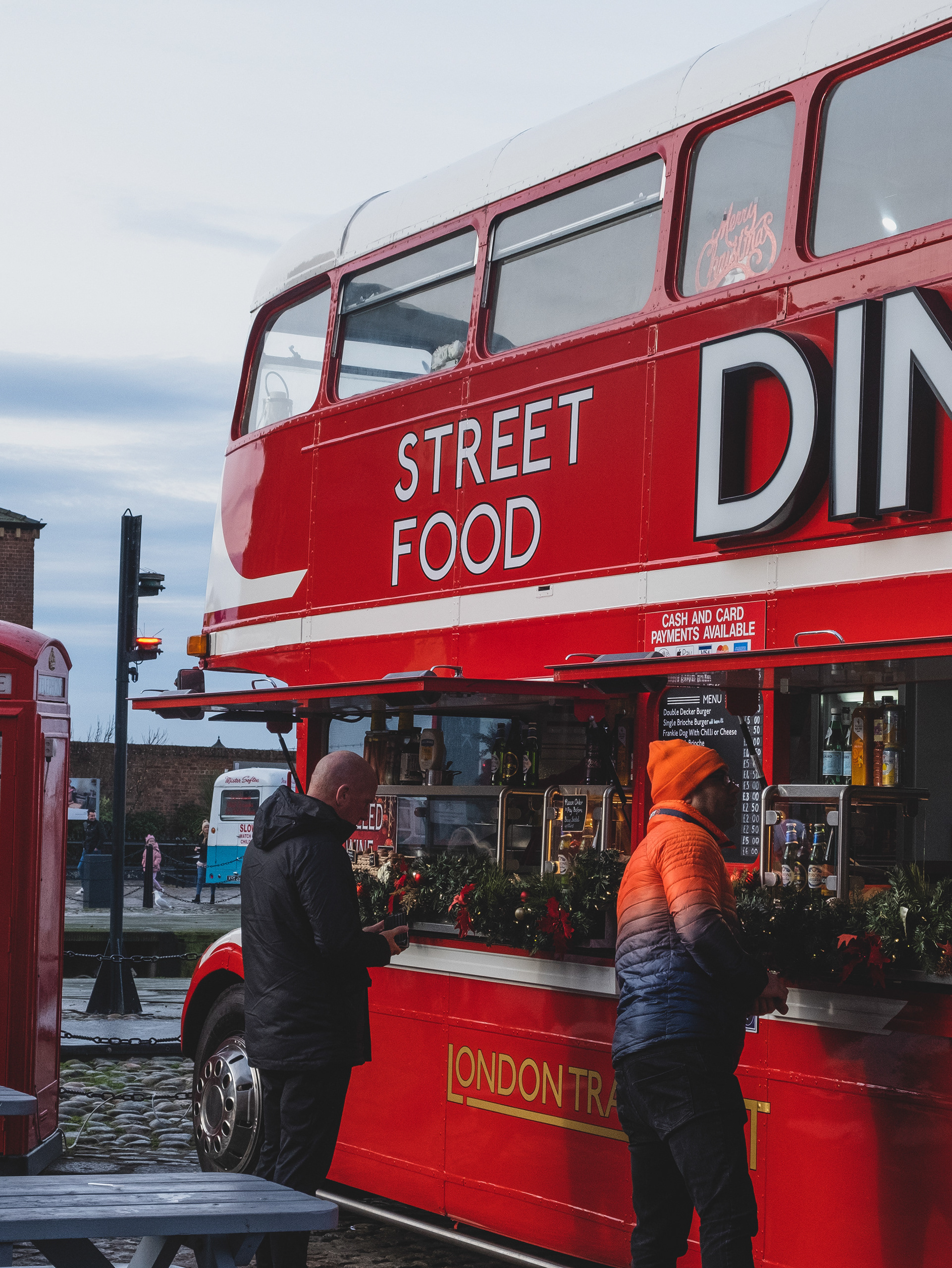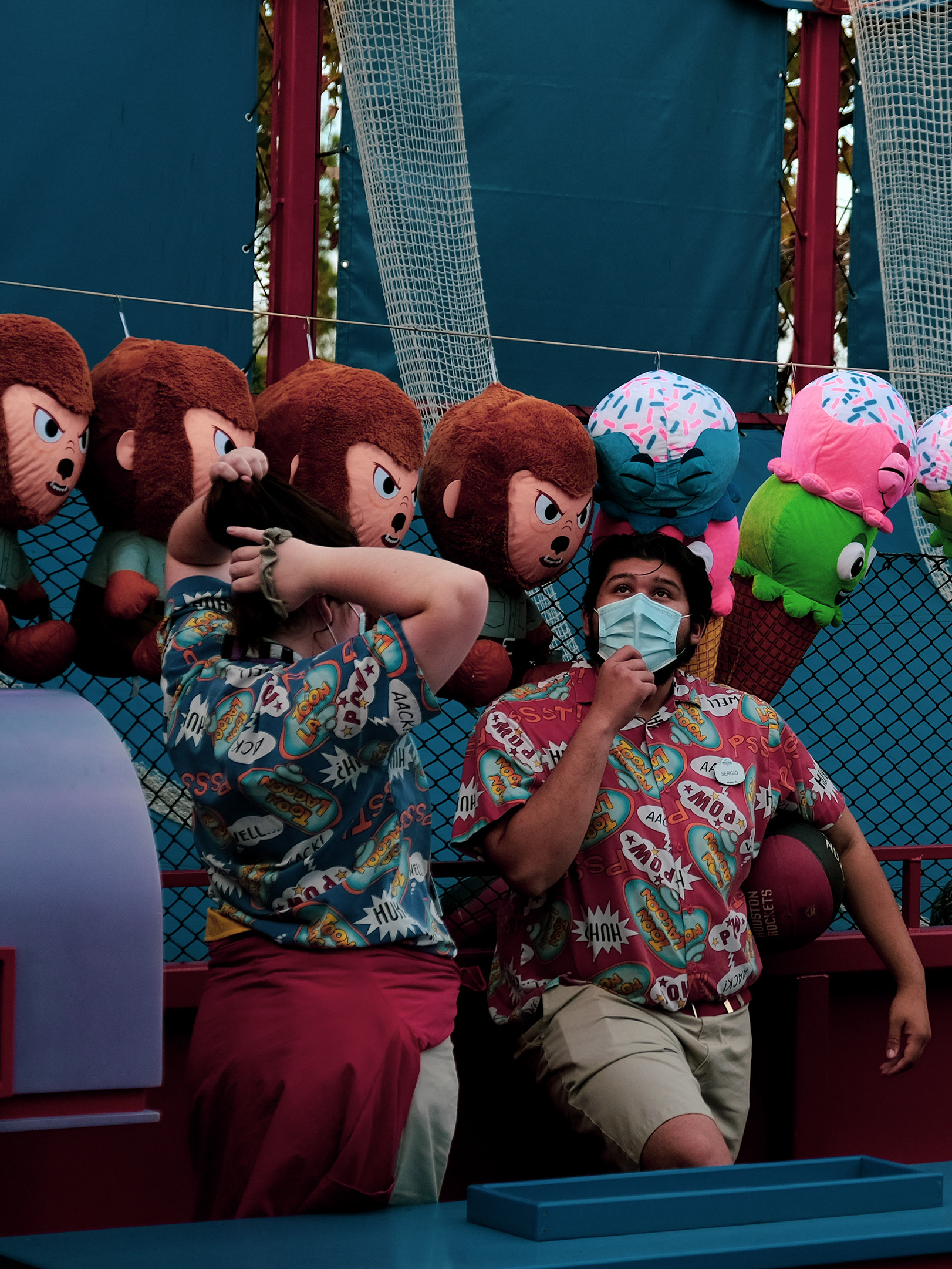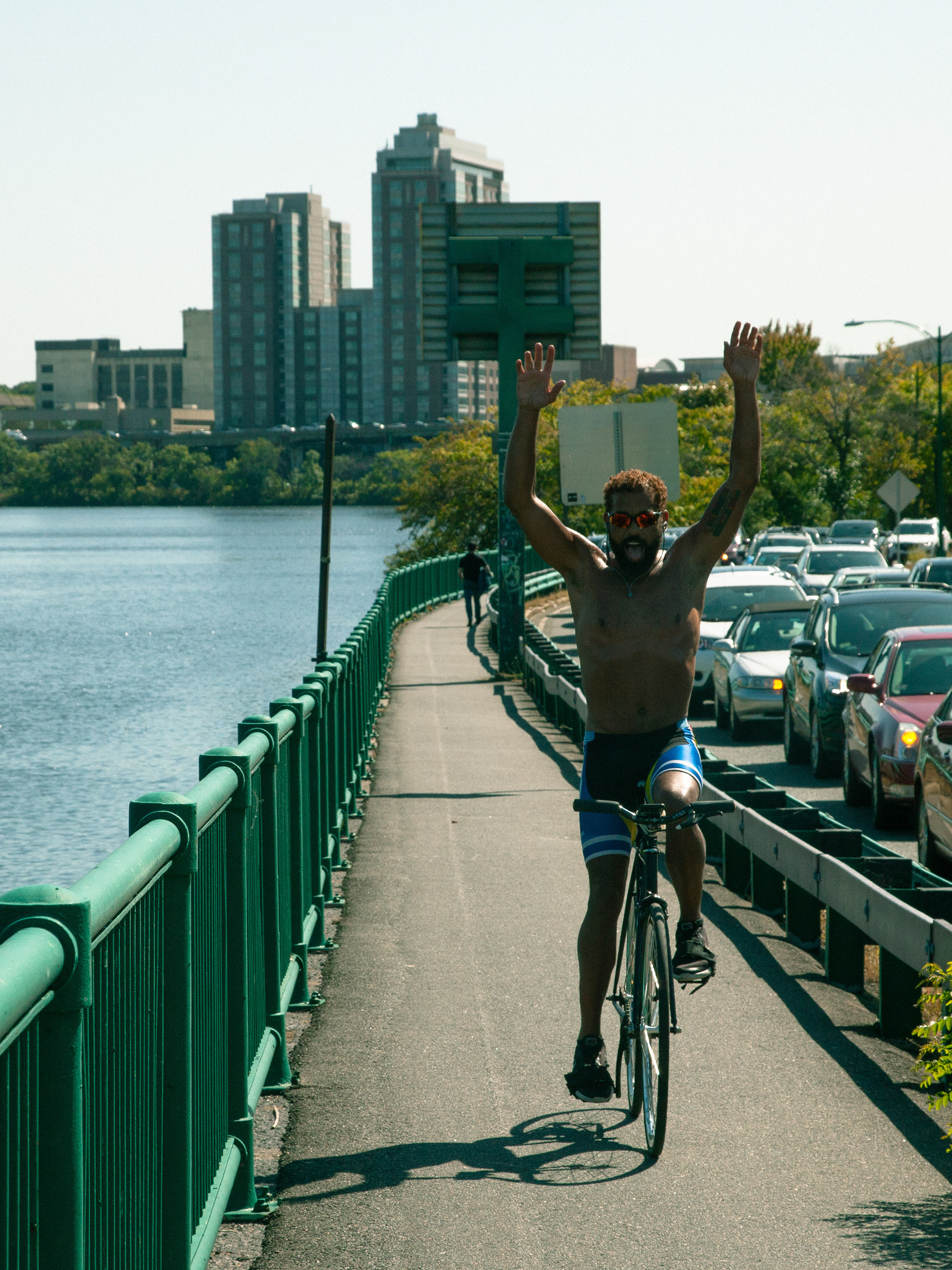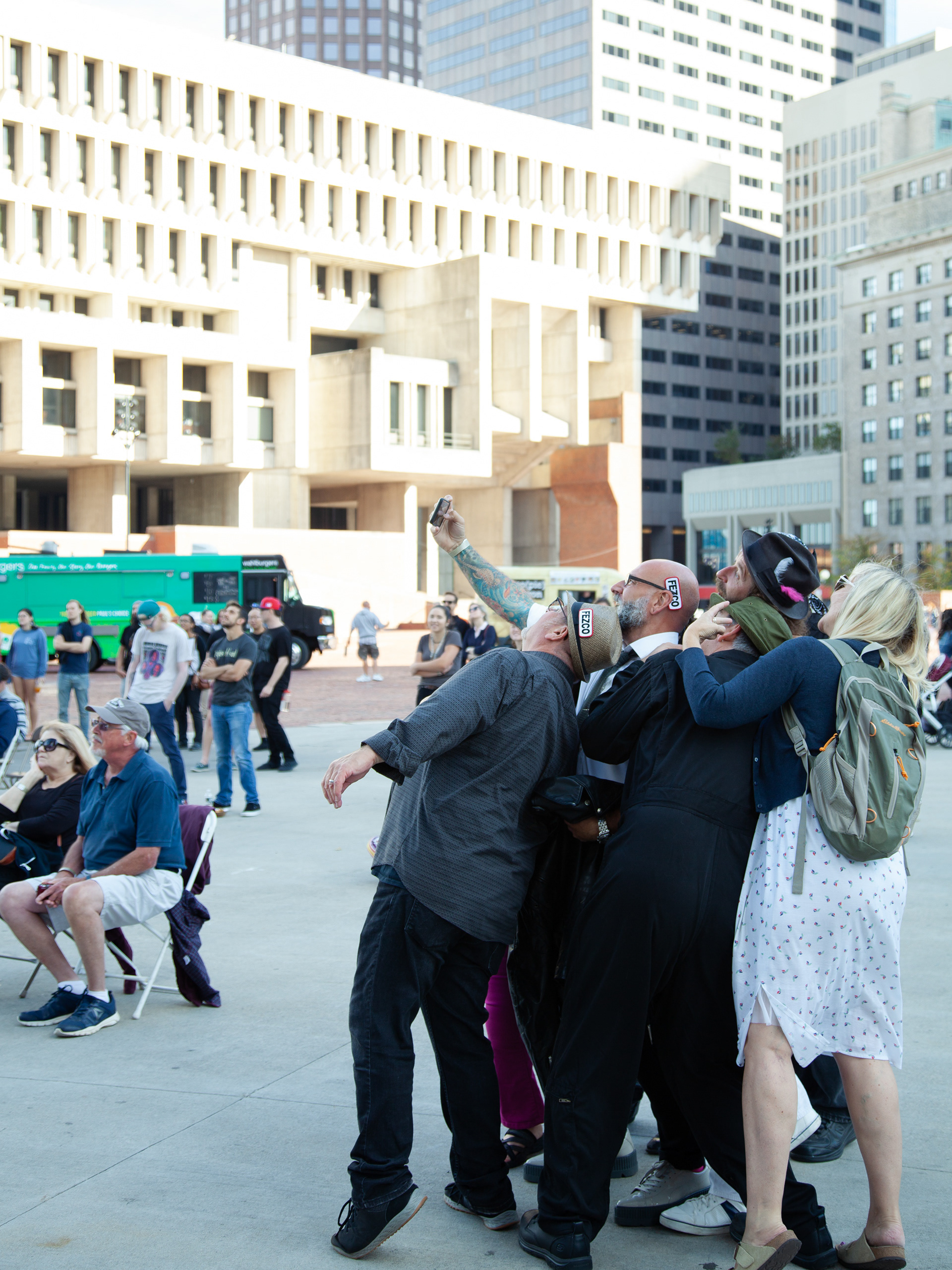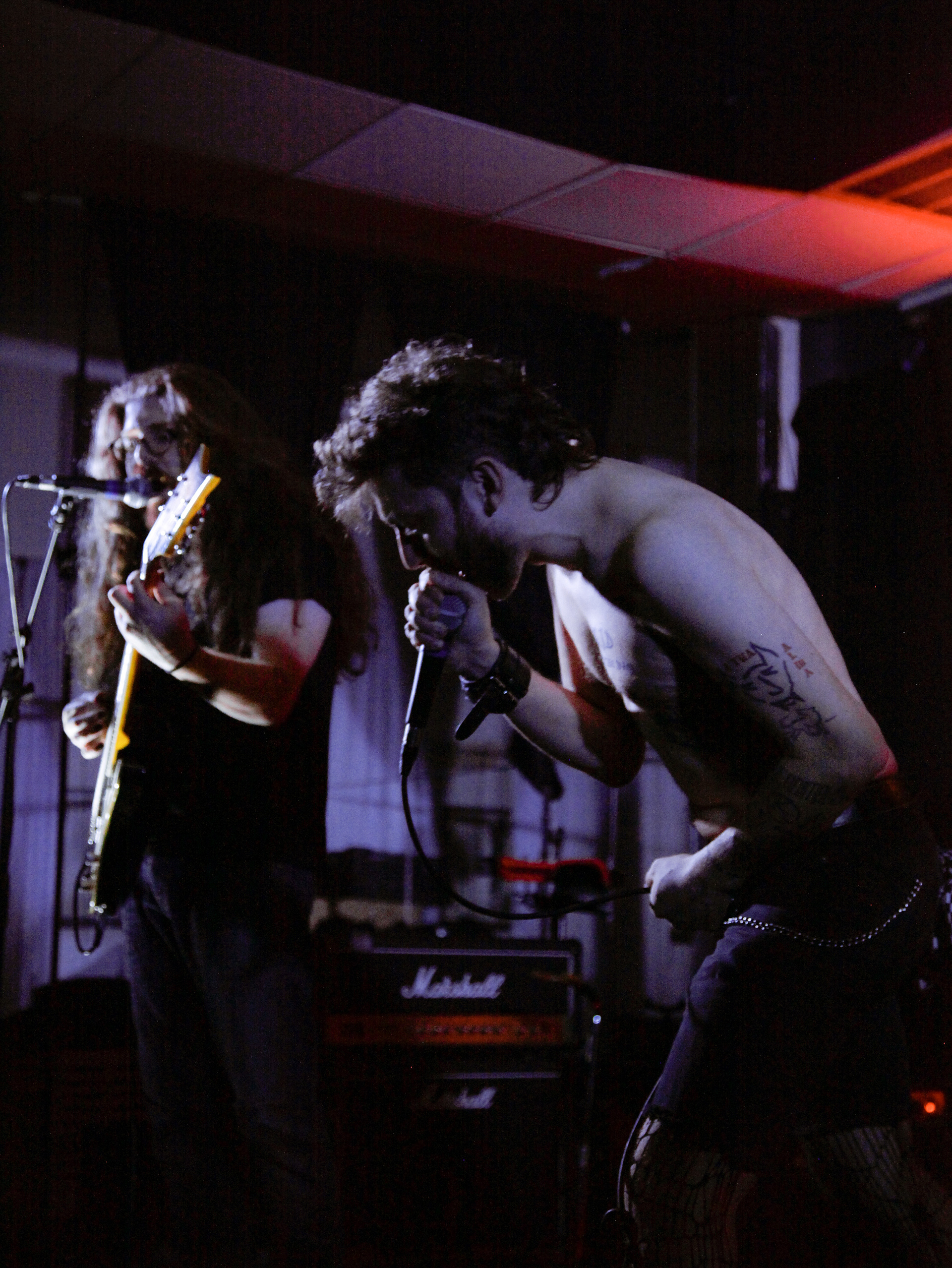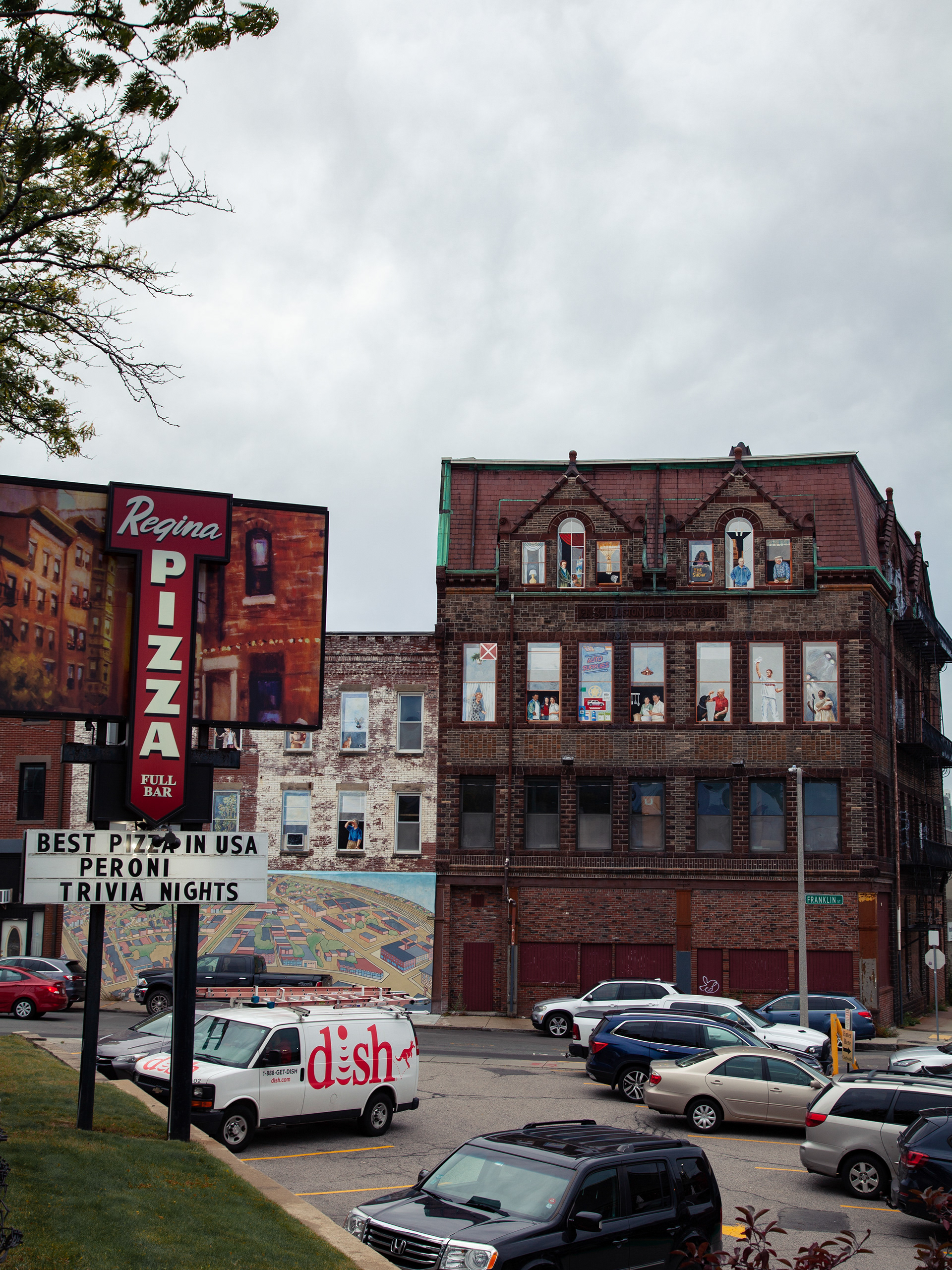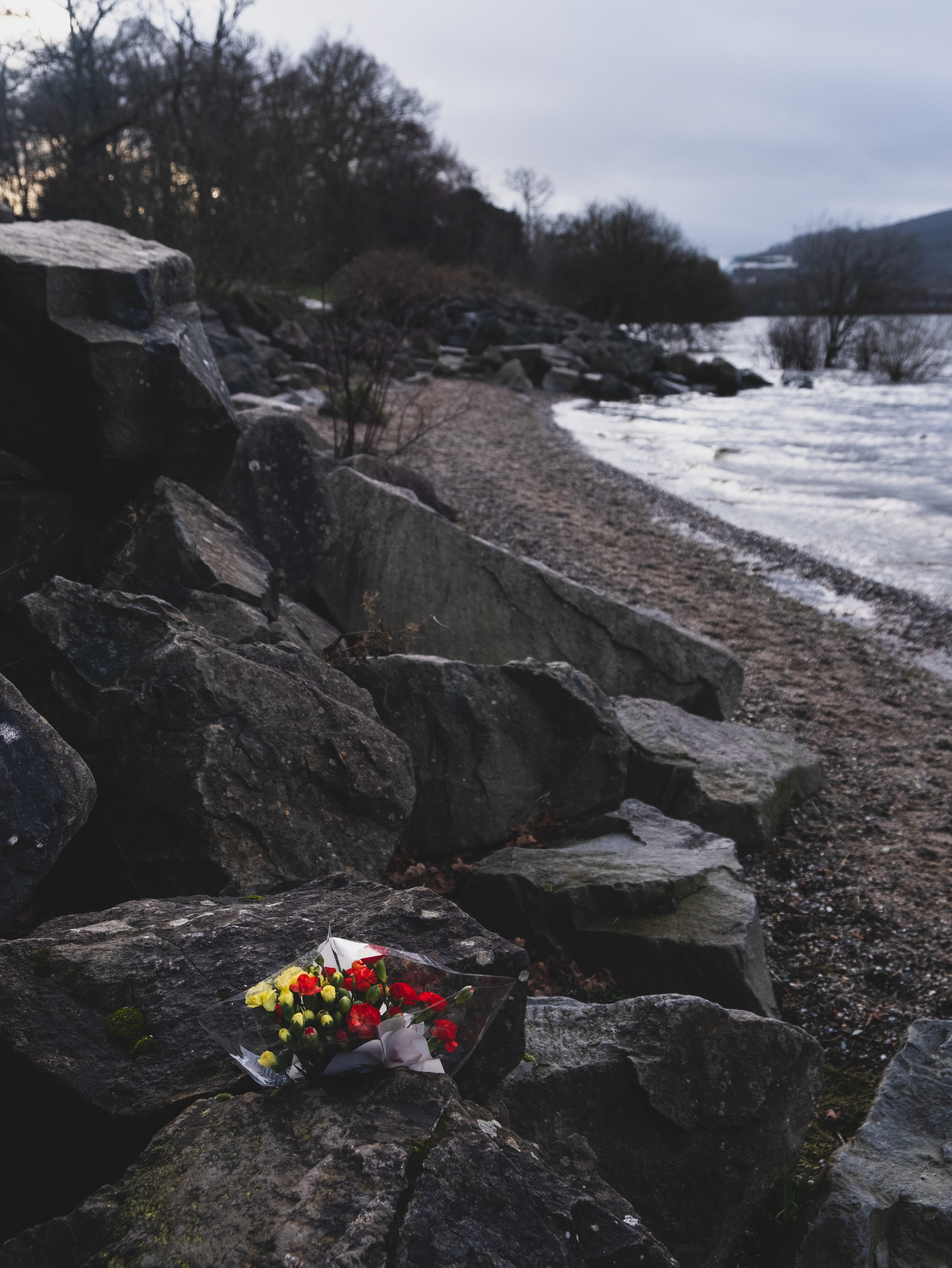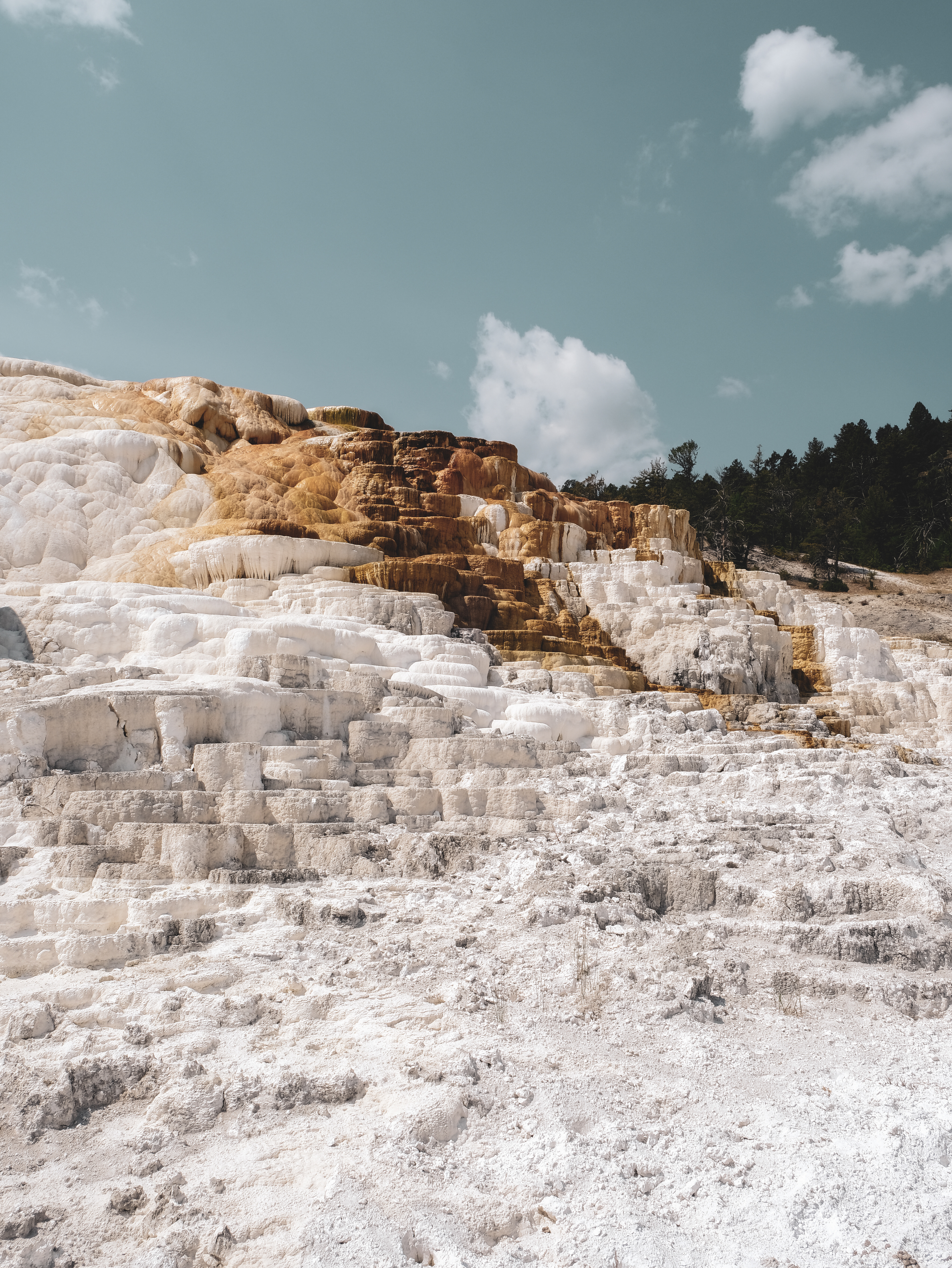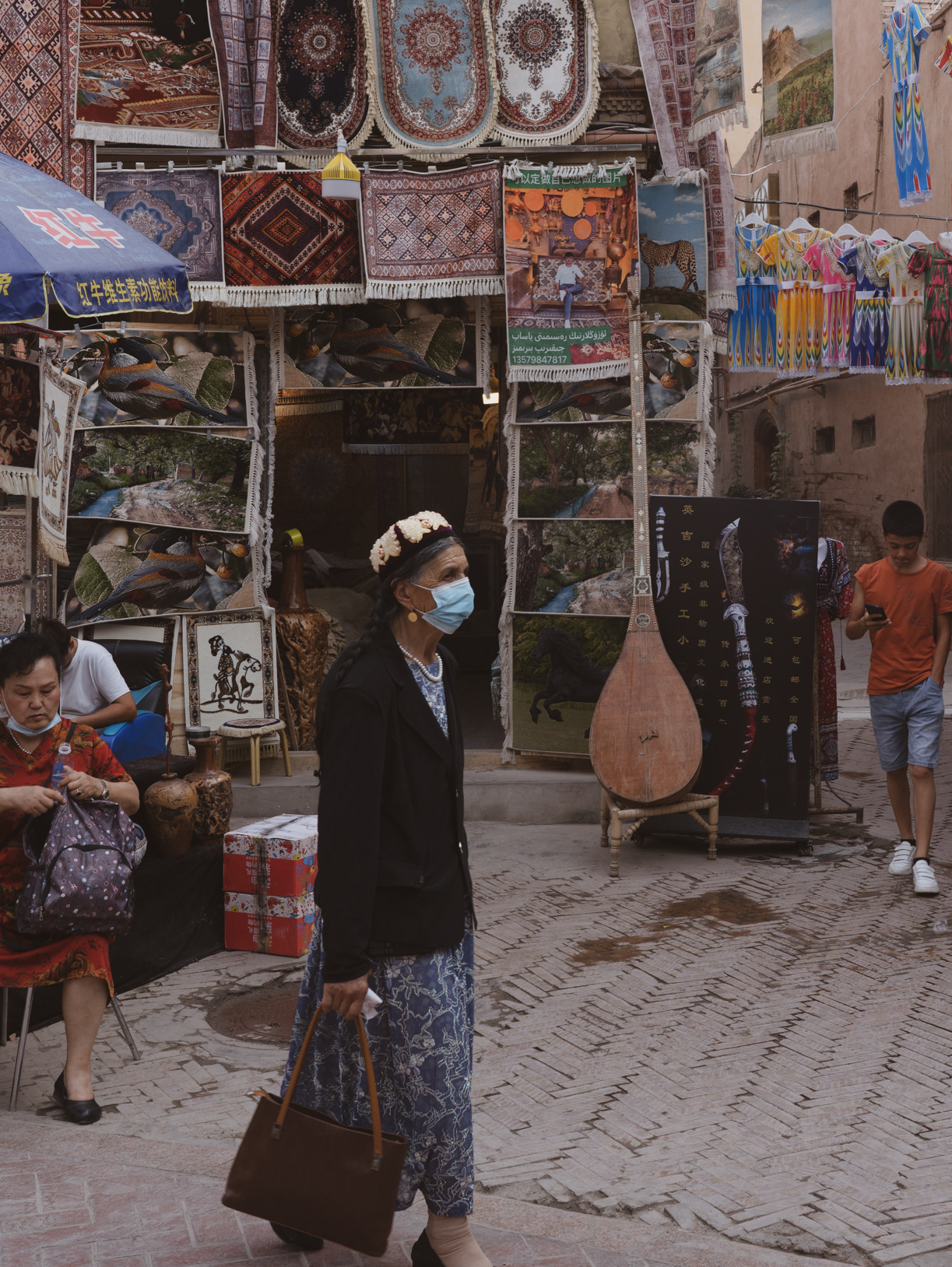Picun is located at the easternmost end of Chaoyang District, outside of the eastern Fifth Ring Road. Less than two kilometers away lie the lavish villas and fancy golf clubs in the brownstone district in Beijing. But in Picun, with the sand road, bungalows, farmland, and tractors, you can hardly tell if you are in Beijing or any ordinary village in Northern China.
Picun has an original household population of less than 2,000, but the estimated floating population every year reaches 30,000. Picun is one of the earliest developing “villages in the city” after the nationwide fervor to float into big cities such as Beijing, Shanghai, and Guangzhou. The migrant workers gather to live here because of the low rent - nowadays a monthly rent of 600 yuan (90 dollars) would be enough for a single room in an apartment in Picun.
But for Yusu Fan, a migrant worker who wrote a sensational autobiographic novel, Picun would still be obscure and silent in the public voice. Yusu Fan’s novel I am Fan Yusu was published on an online platform in 2017, which brought her and the Picun literature group attention from all over China. People started to pay attention to the left-wing literature generated among the working class and to face the urban-rural gap in education, housing, entertainment, and other various fields.
In November of the same year, a fire hit a crowded cramped apartment in Daxing District, killing 19 people - most of whom were migrant workers. Buildings that did not meet the fire regulations and illegally overcrowding residents all contributed to the tragedy. Since then, the Beijing government began a mass scale of eviction to the less-educated, low-income people - the migrant workers.
When I came to Picun in September 2020, I noticed all the apartment buildings were colored in the same color - dark red. Though th stairs were concrete branches jotting out from the buildings, fire-fighting equipment could be found everywhere.
Another thing I noticed was, there were a lot of old people living in the village. I talked to an old lady who was holding a toddler, and she told me she came to live in Picun because her son worked in Beijing, and she was here to take care of the grandson. Without any permanent urban residence certificates, these migrant workers were not eligible for pension plans or child education opportunities in Beijing.
I spent 2 months working on my documentary. I drove to Picun regularly, to communicate with people, or to shoot on the street. Push-backs from the law enforcement department were not rare.
I spent most of my time interviewing with people from the labor union in Picun, The Home of Migrant Workers. They built the New Workers’ Theater and the Museum of Migrant Culture and Art, and has been promoting literature and technology education in Picun.
I feel it important to document the real life in Picun, because the development of cities is counting on the labor of migrant workers, and those essential classes are oppositely mostly ignored.
Duo Xu, the leader of New Workers Troupe, and a cadre from the Home of Migrant Workers, said when talking about the intention to build the Museum of Migrant Culture and Art, “The whole world is watching Beijing and the rise of China, but few people can see the contribution of ordinary workers behind the rise. So we want to build a museum to tell our own history by ourselves, and to value our identity as workers.”
Sitting in the halls of elitism, it is hard for Chinese and all the intellectuals to take the initiative to discover the stories of the other side of the world. That's why started this project.
Andi Zhang
Dec.7 2020
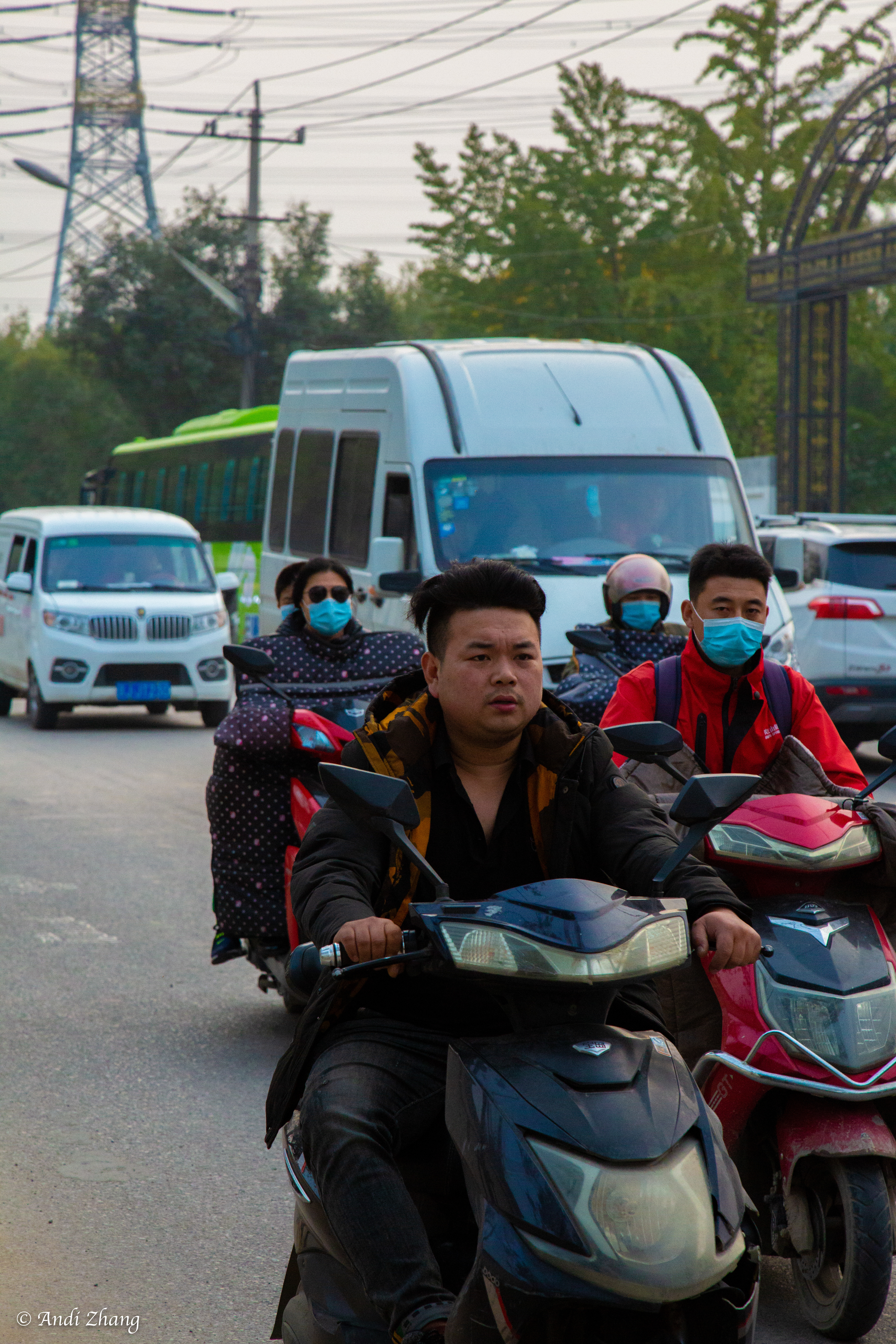
Picun Road, a dusty asphalt road in front of Picun. There are so many electric bikes on the road that they unscrupulously ride in the middle of the road. October 10, 2020.
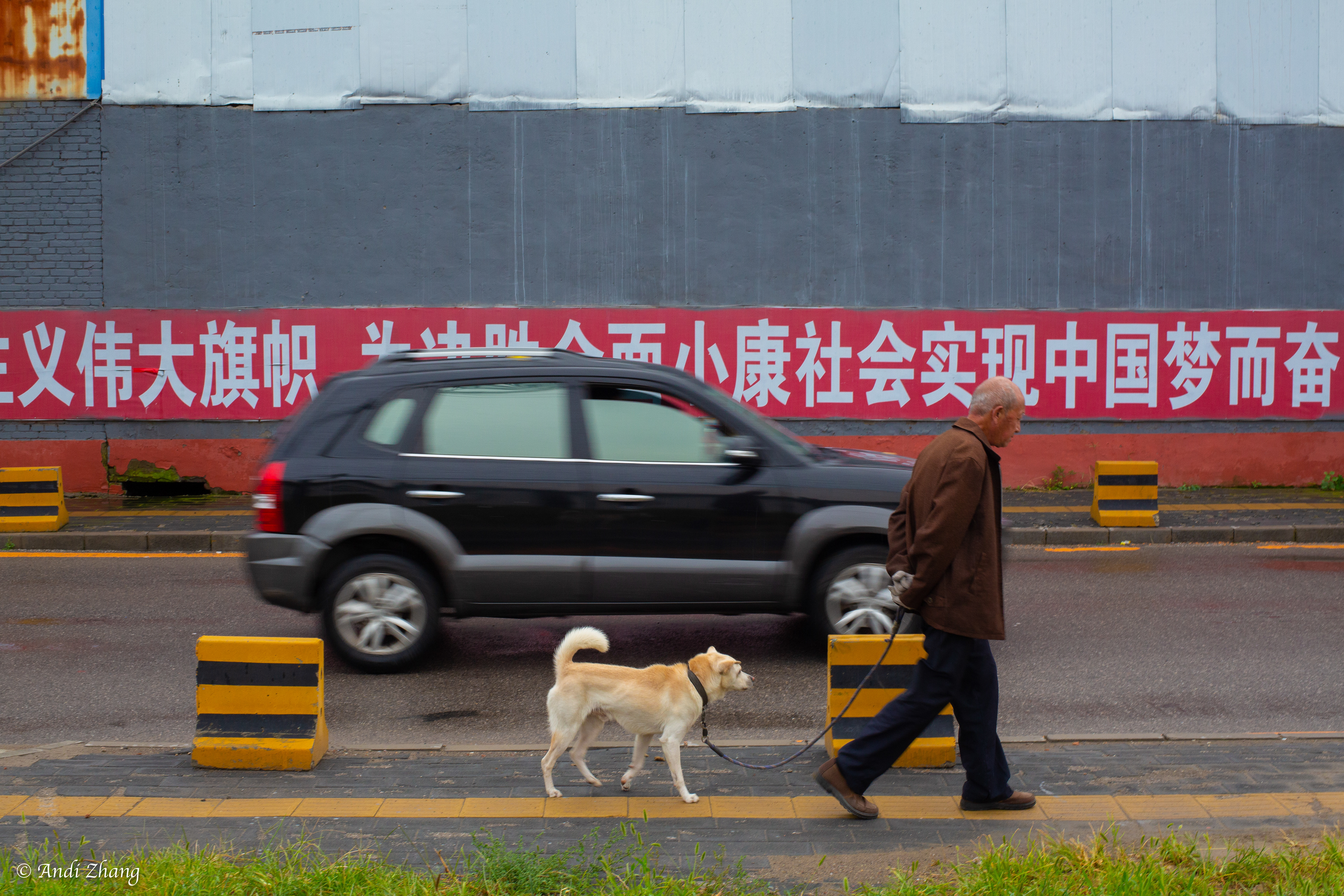
A man walking pass a banner written “hold high the great banner of socialism with Chinese characteristics, secure a decisive victory in building a moderately prosperous society in all respects, work to realize the Chinese Dream of national rejuvenation”. September 14, 2020.
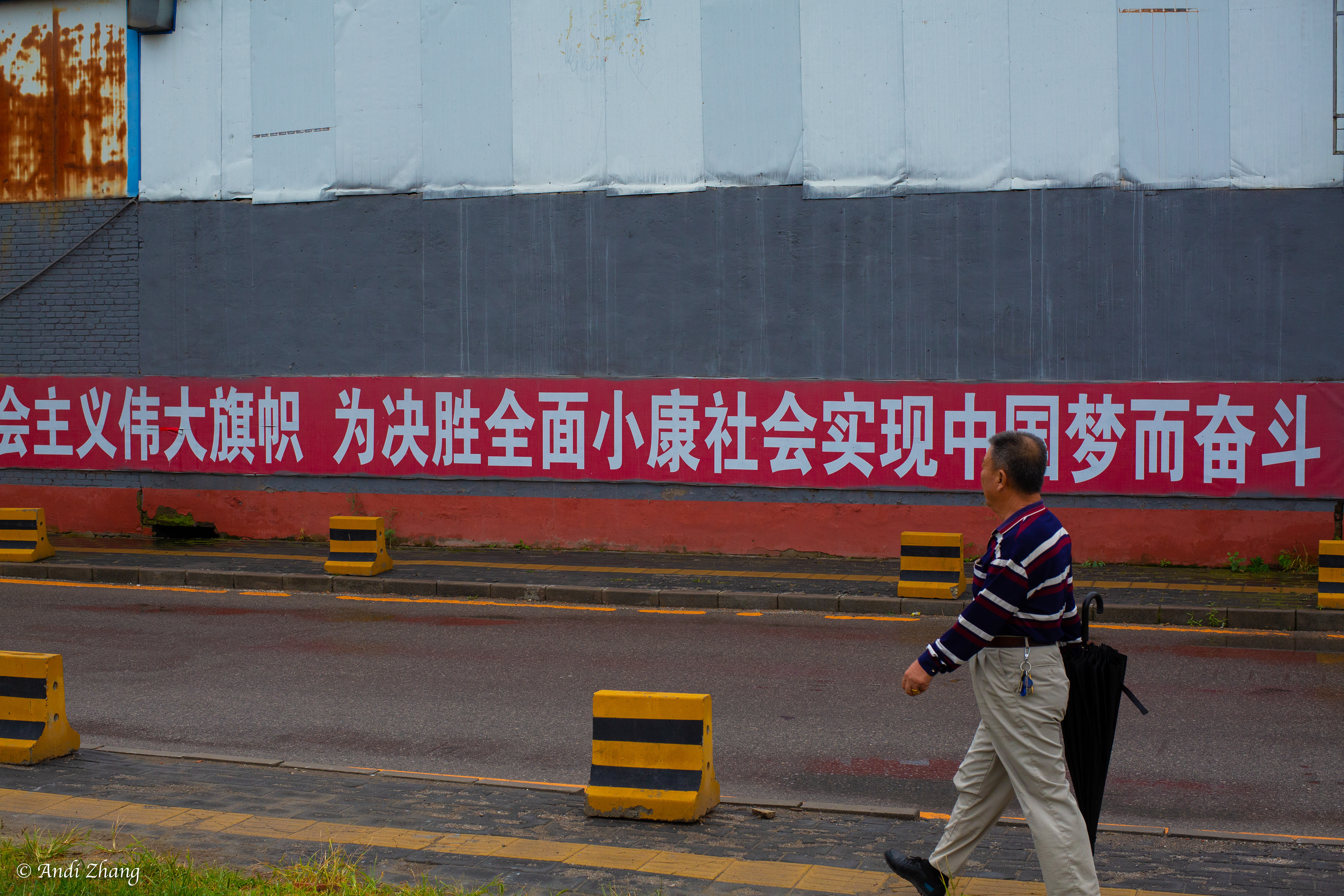
A man walking pass the banner. September 14, 2020.
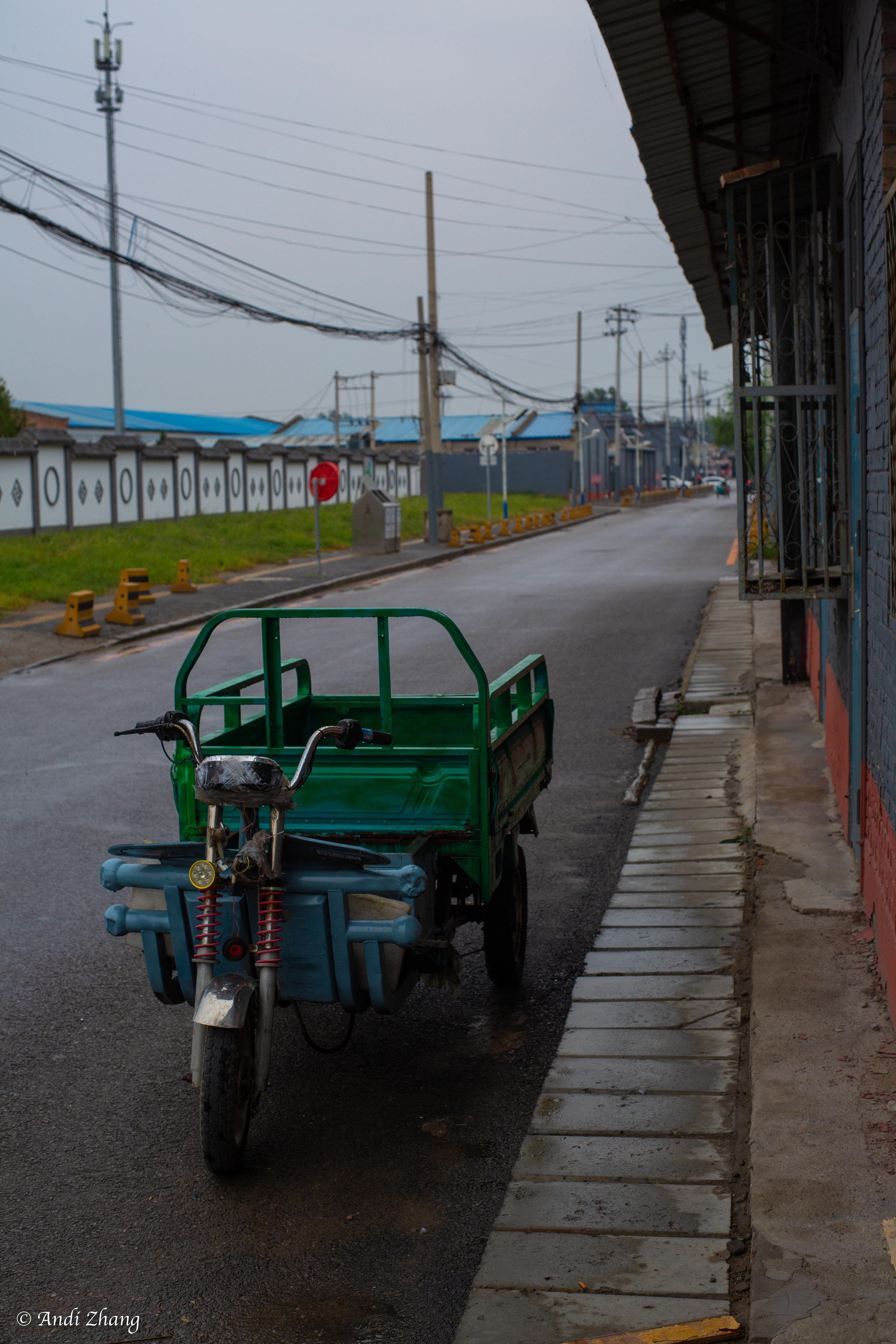
The electric tricycle is the most common transportation in Picun. September 14, 2020.
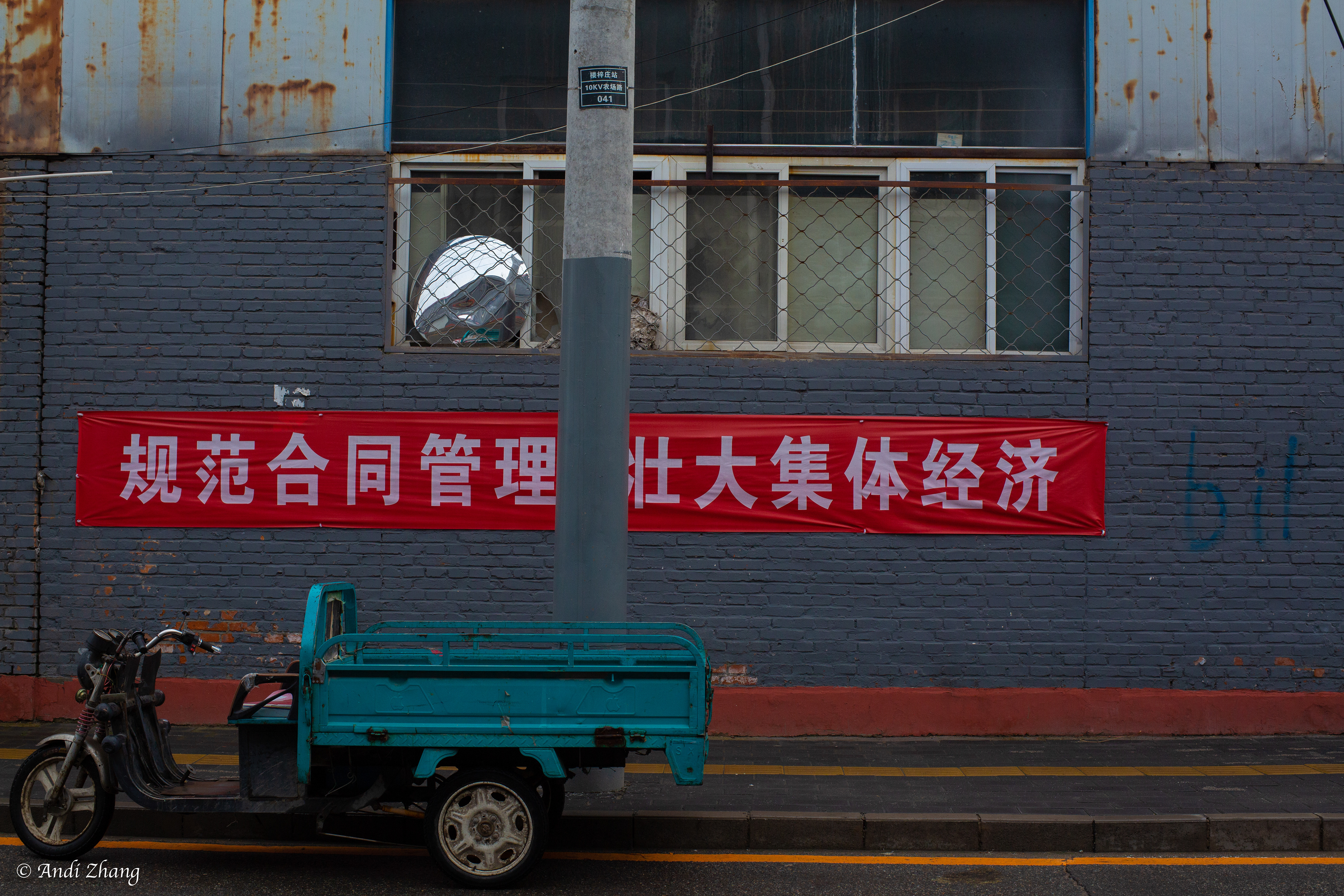
On the banner writes “Standardize contract management and strengthen collective economy”. September 14, 2020.
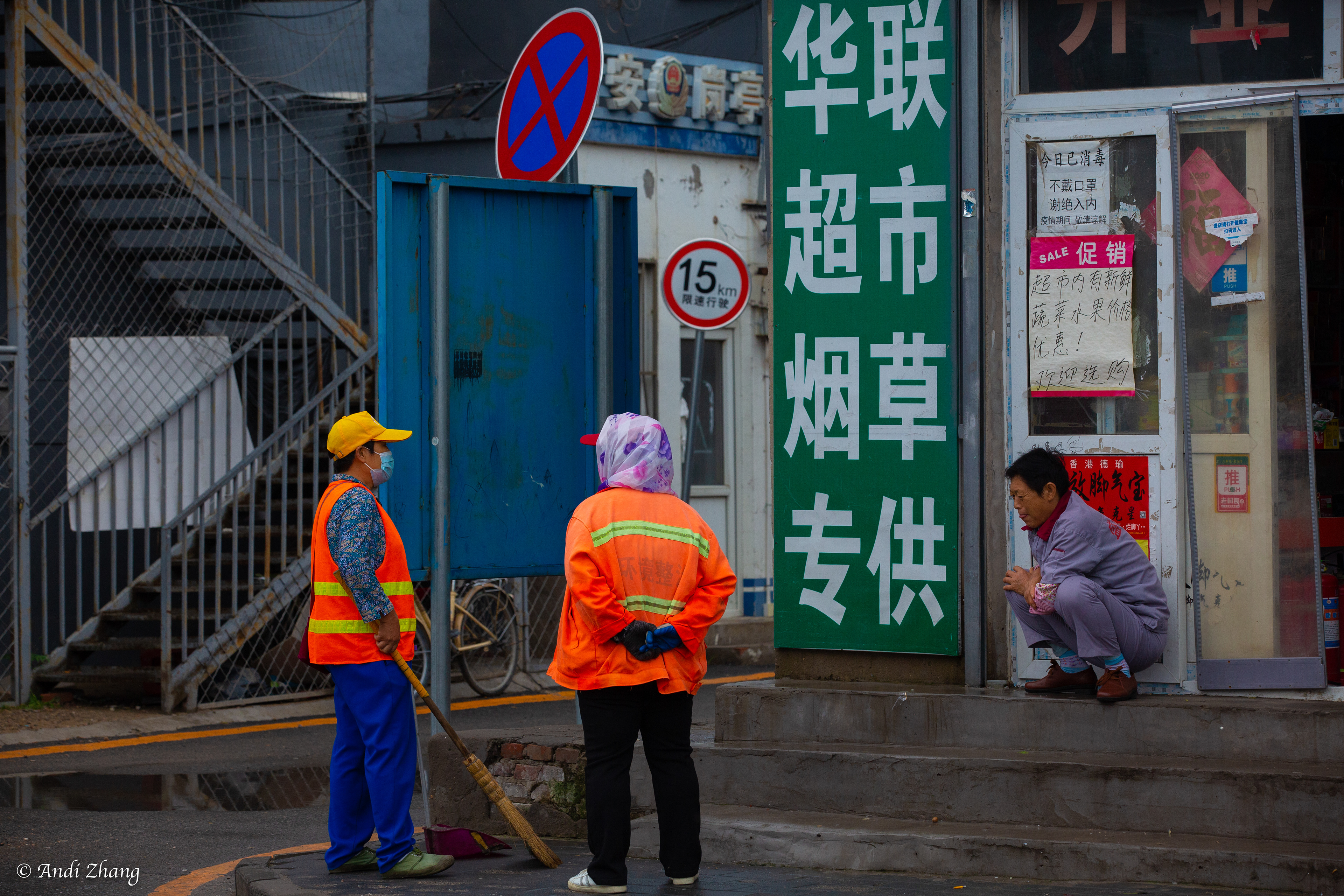
Two street cleaner outside a tobacco shop. September 14, 2020.
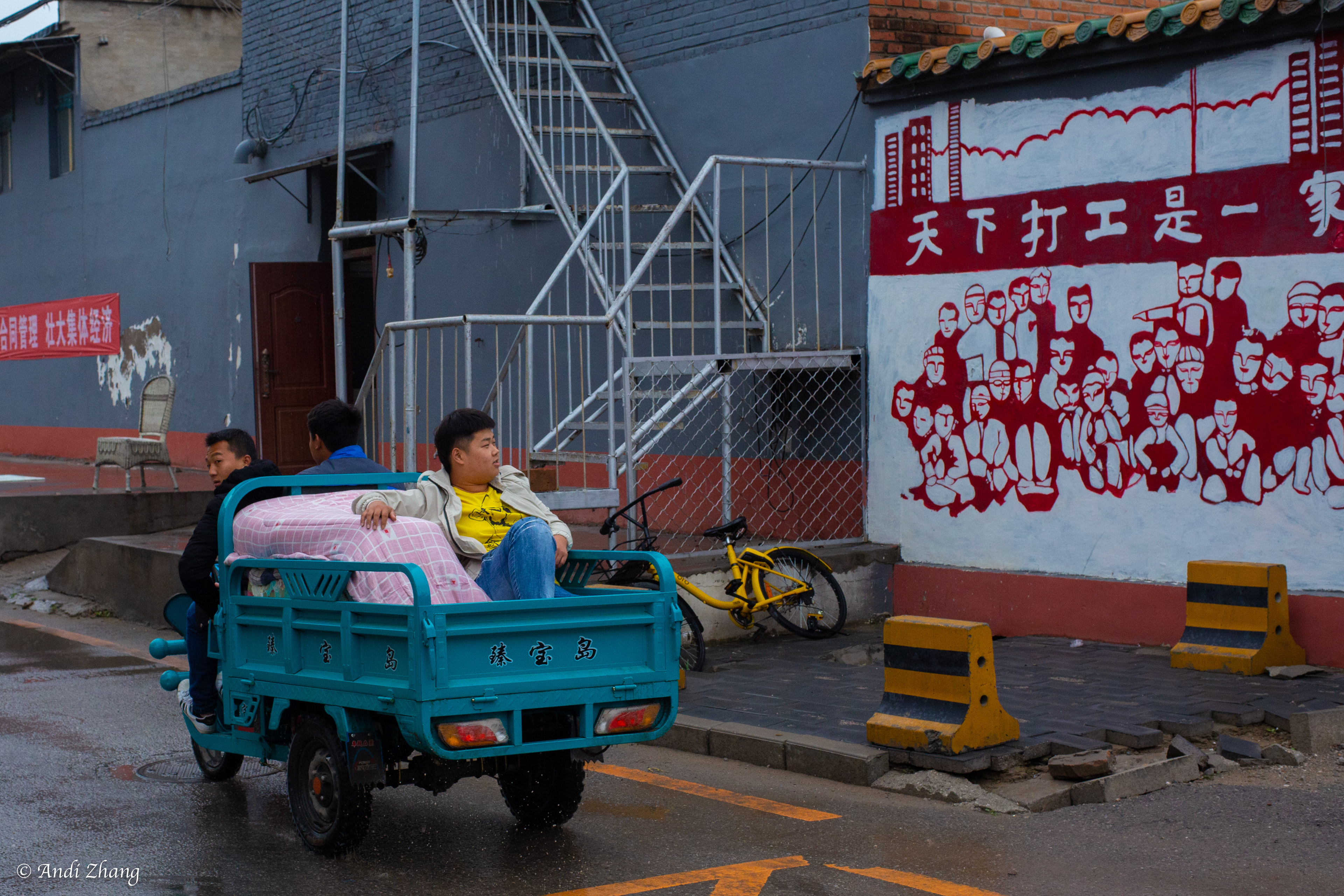
Three youth on the electric tricycle passing the wall paintings on the wall outside The Home of Migrant Workers. It writes “Migrant workers are a family”. September 14, 2020.
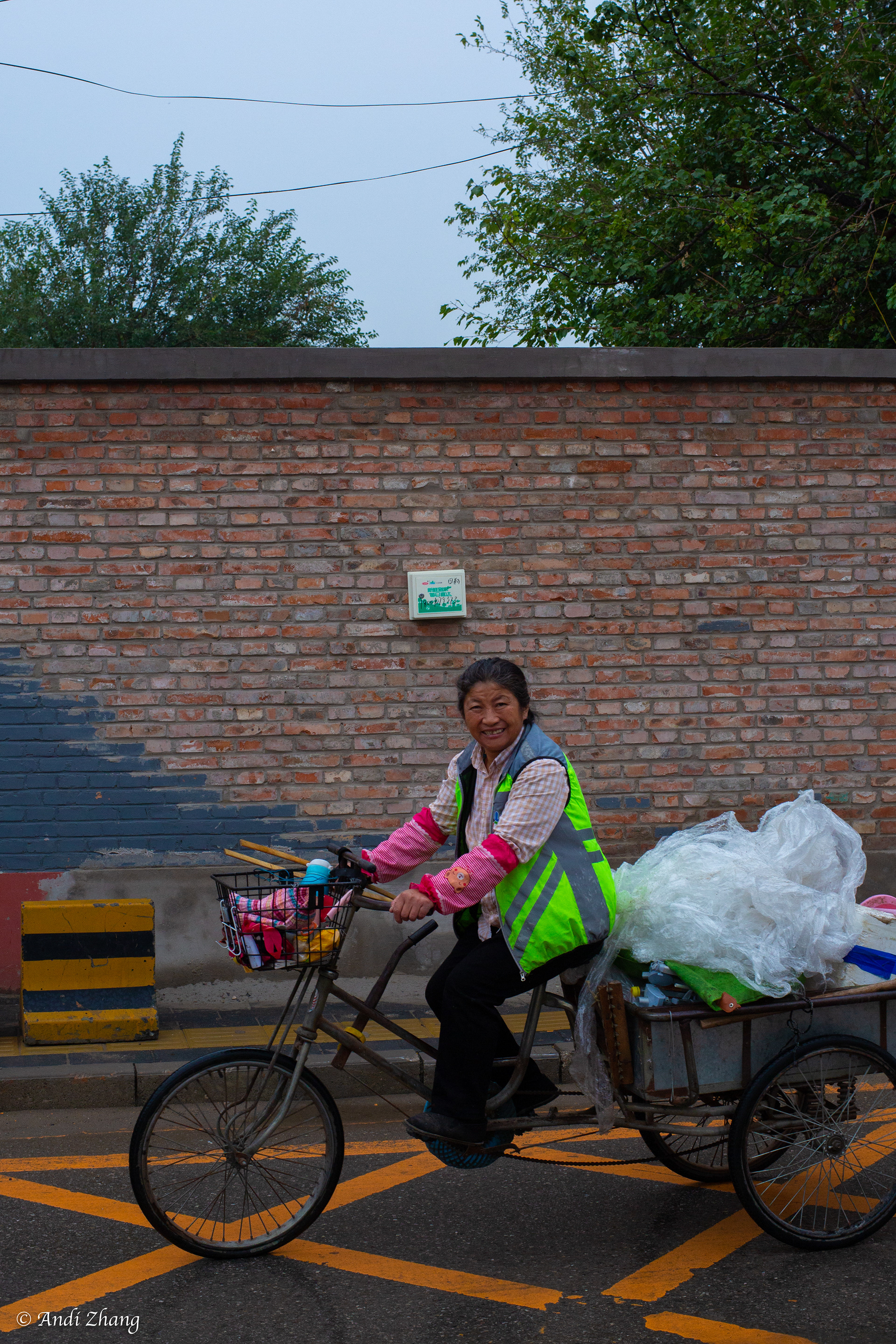
A women on the tricycle. September 14, 2020.
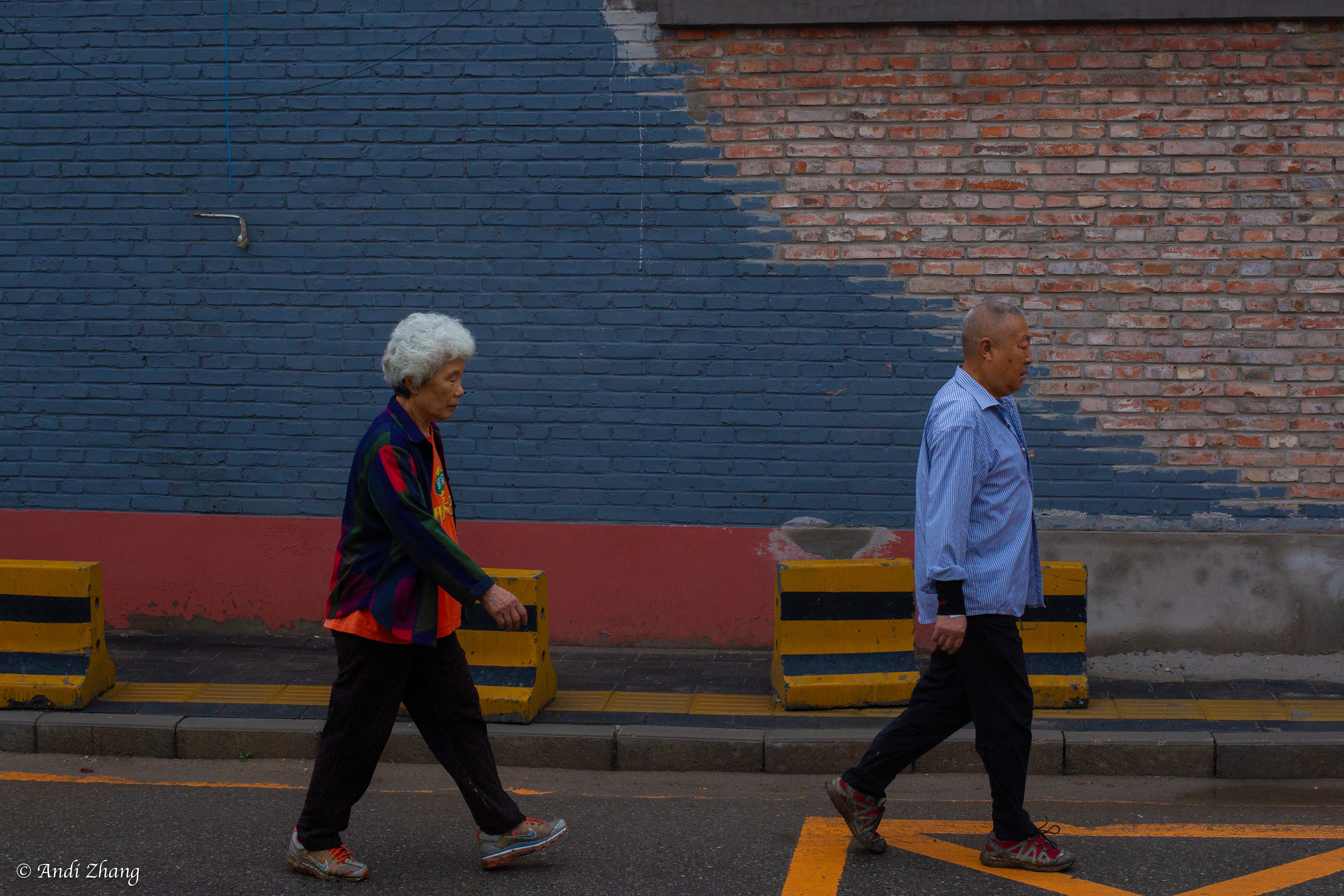
Old people in Picun. September 14, 2020.
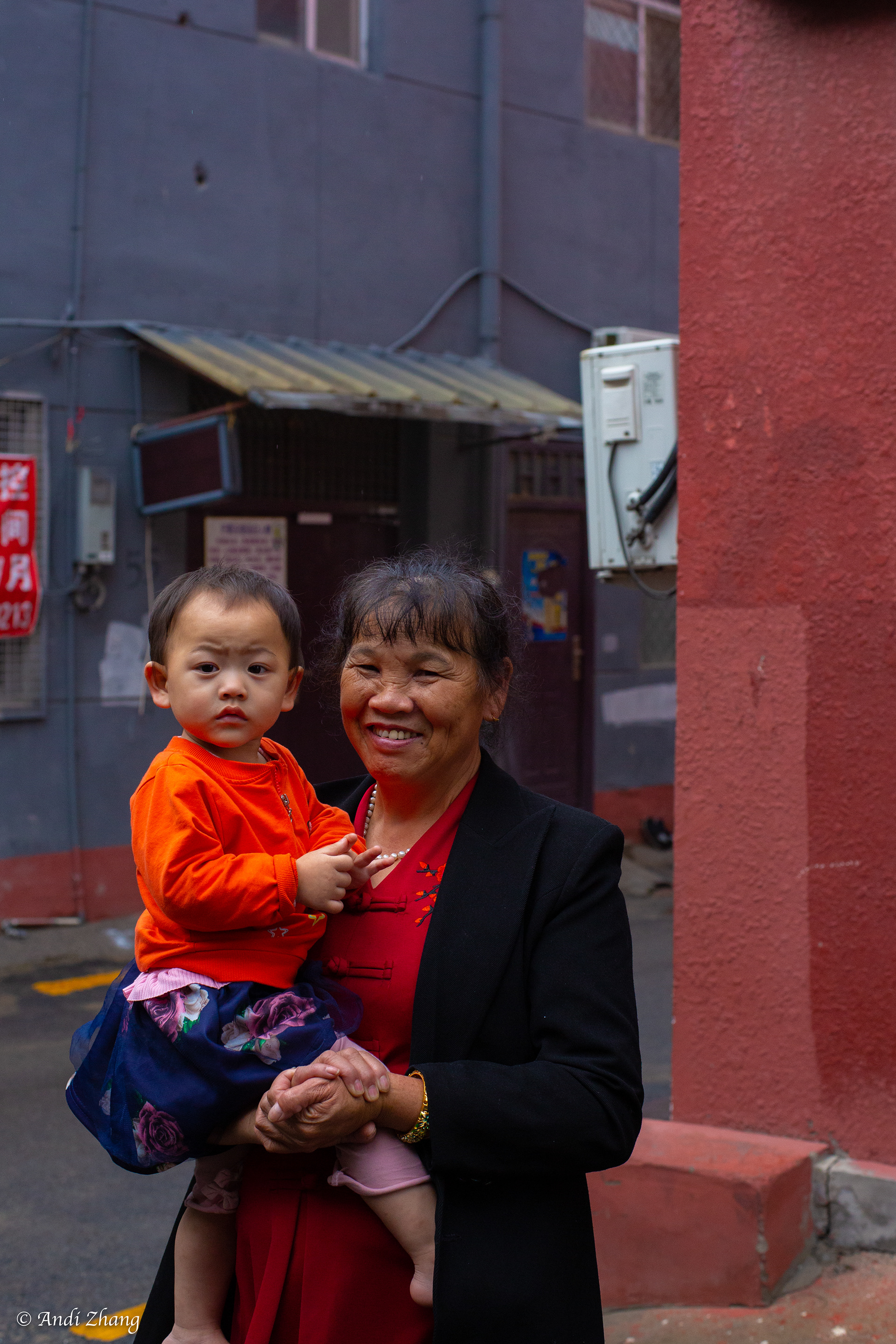
A lady holding her grandson is standing around the corner. September 14, 2020.
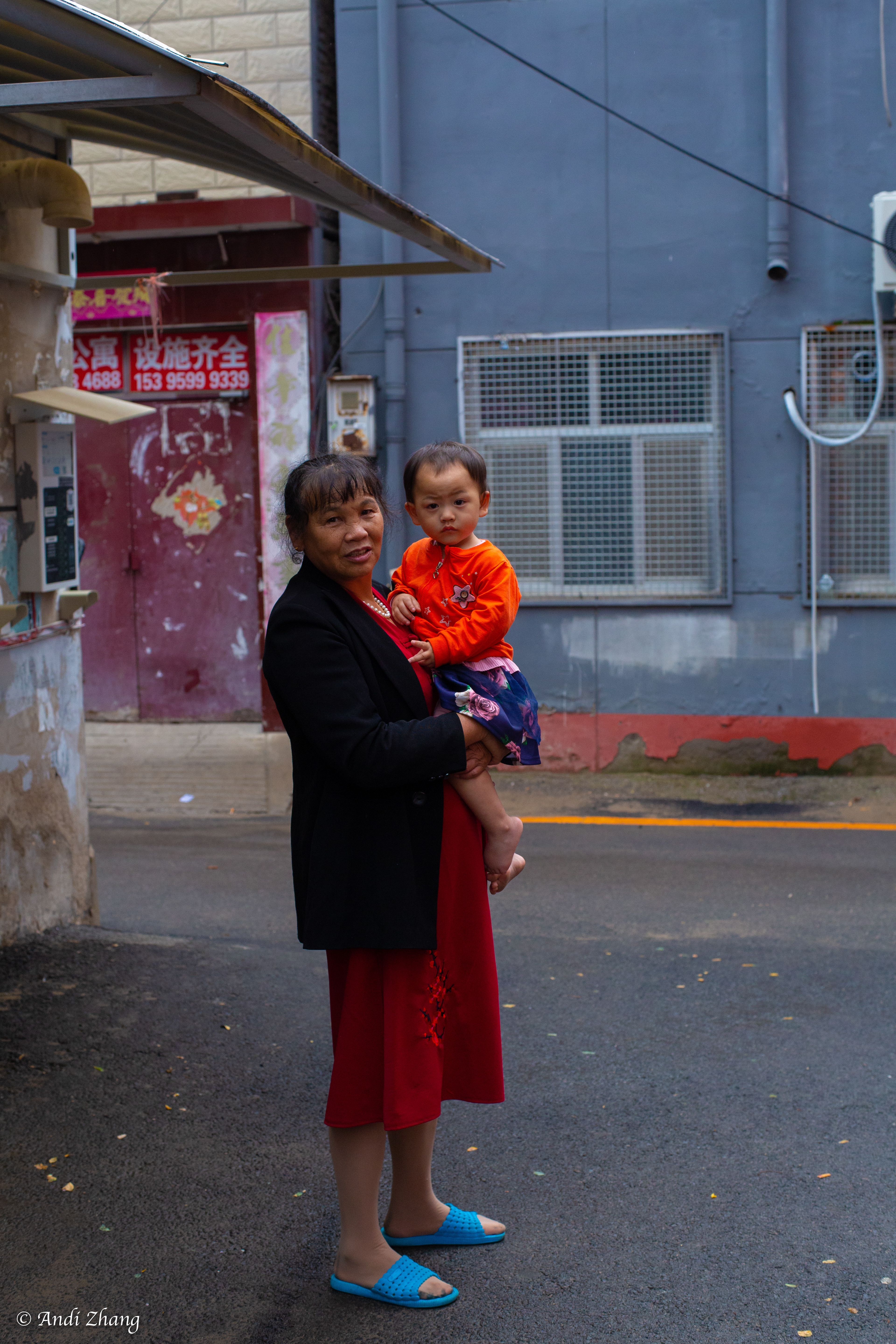
A lady holding her grandson is standing around the corner. September 14, 2020.
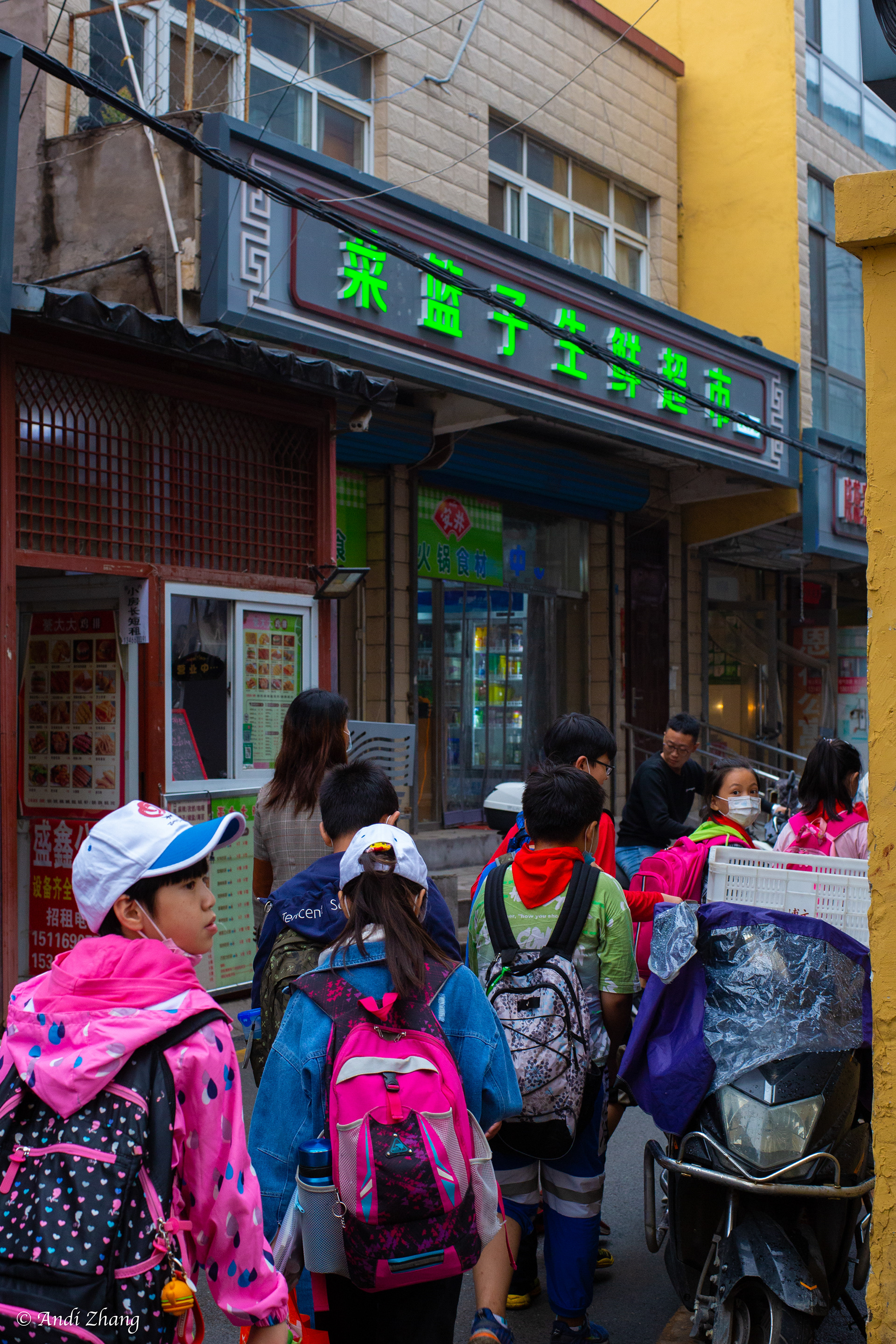
In the afternoon, children get out from school. September 14, 2020.
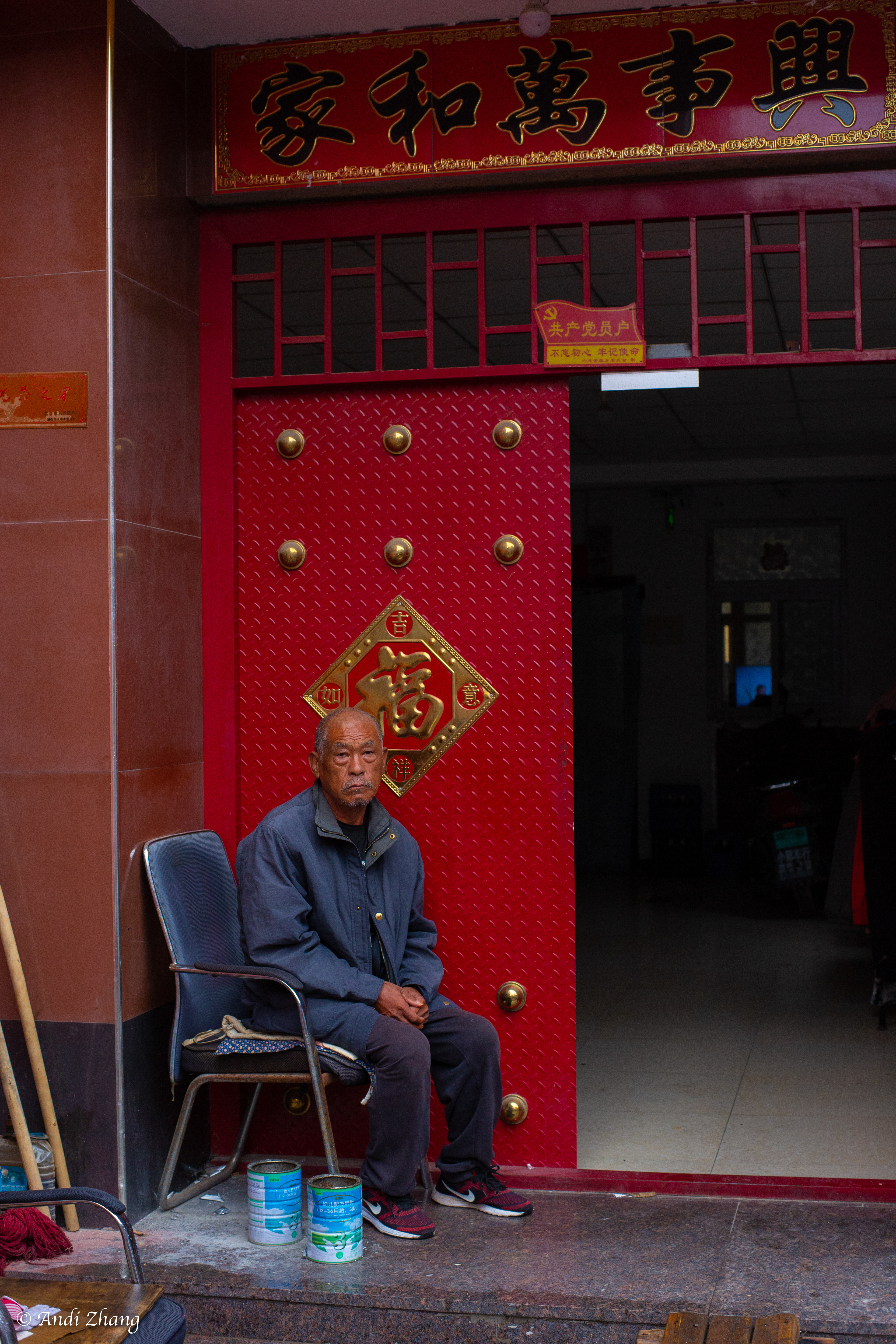
An old man. September 14, 2020.
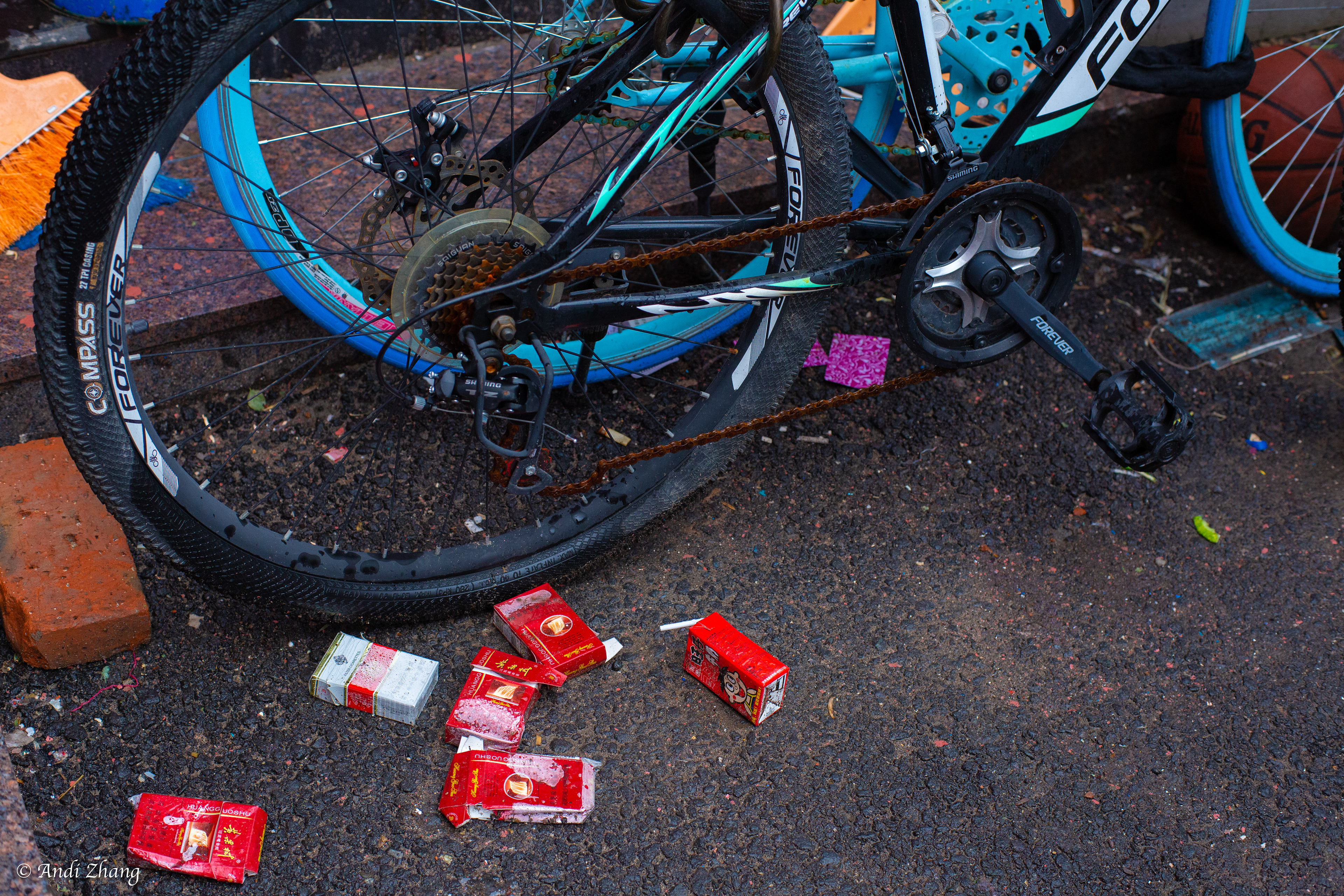
Tabacco packs and milk cartons - the old and the young. September 14, 2020.
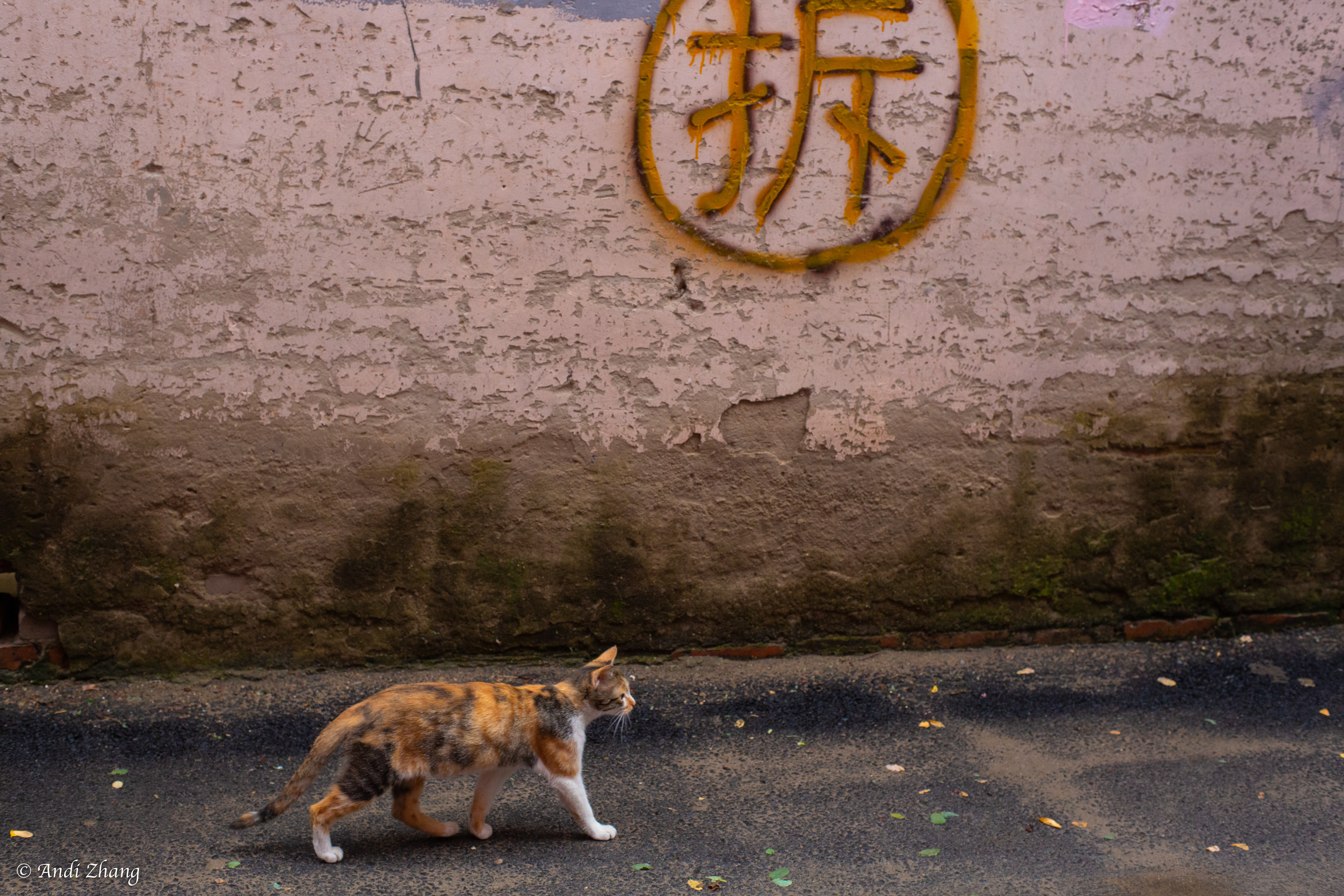
A cat is walking past the wall where a Chinese character means “tearing down” is written. That sign means the building is illegal to be built there. September 14, 2020.
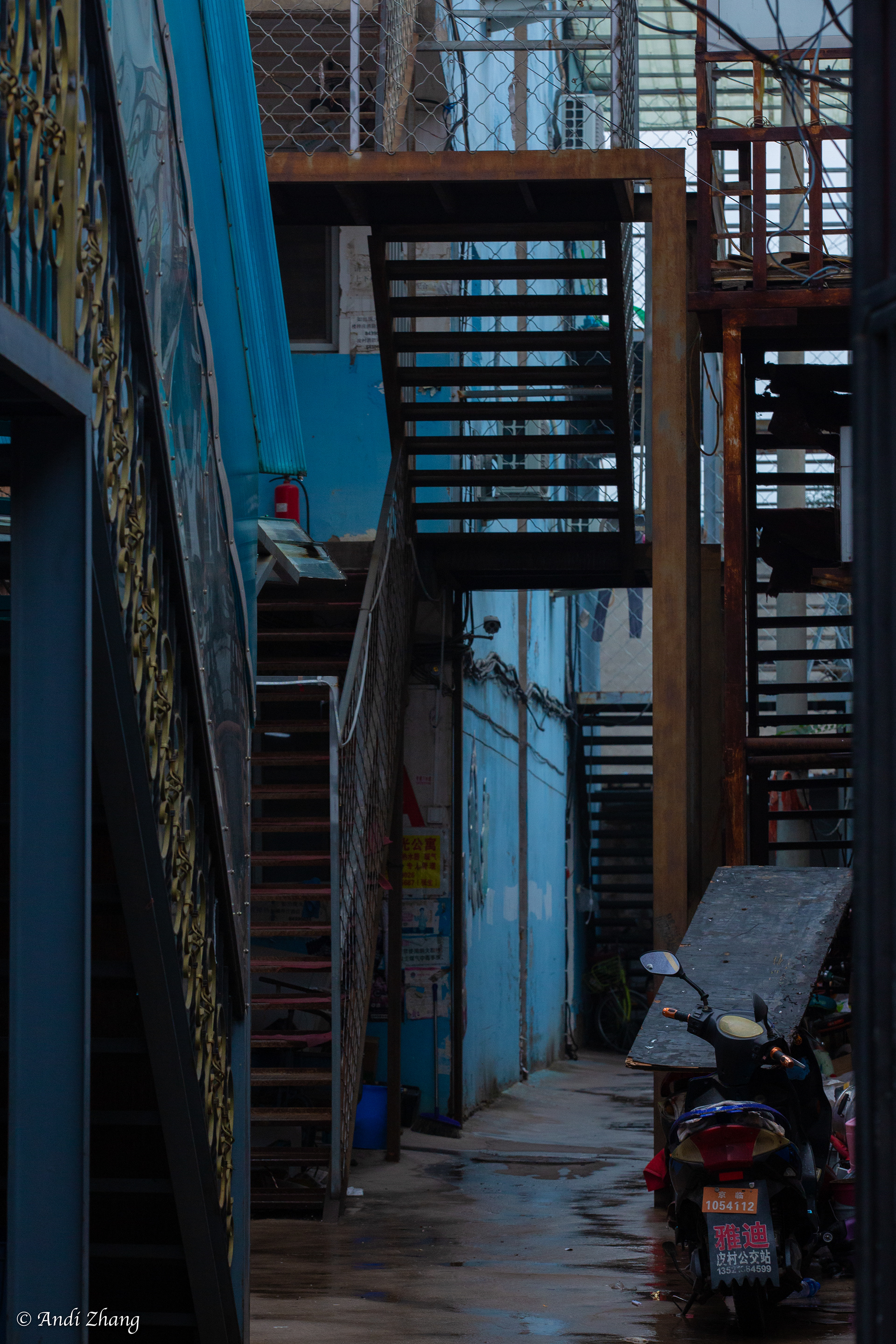
Inside the uniformed apartments. September 14, 2020.
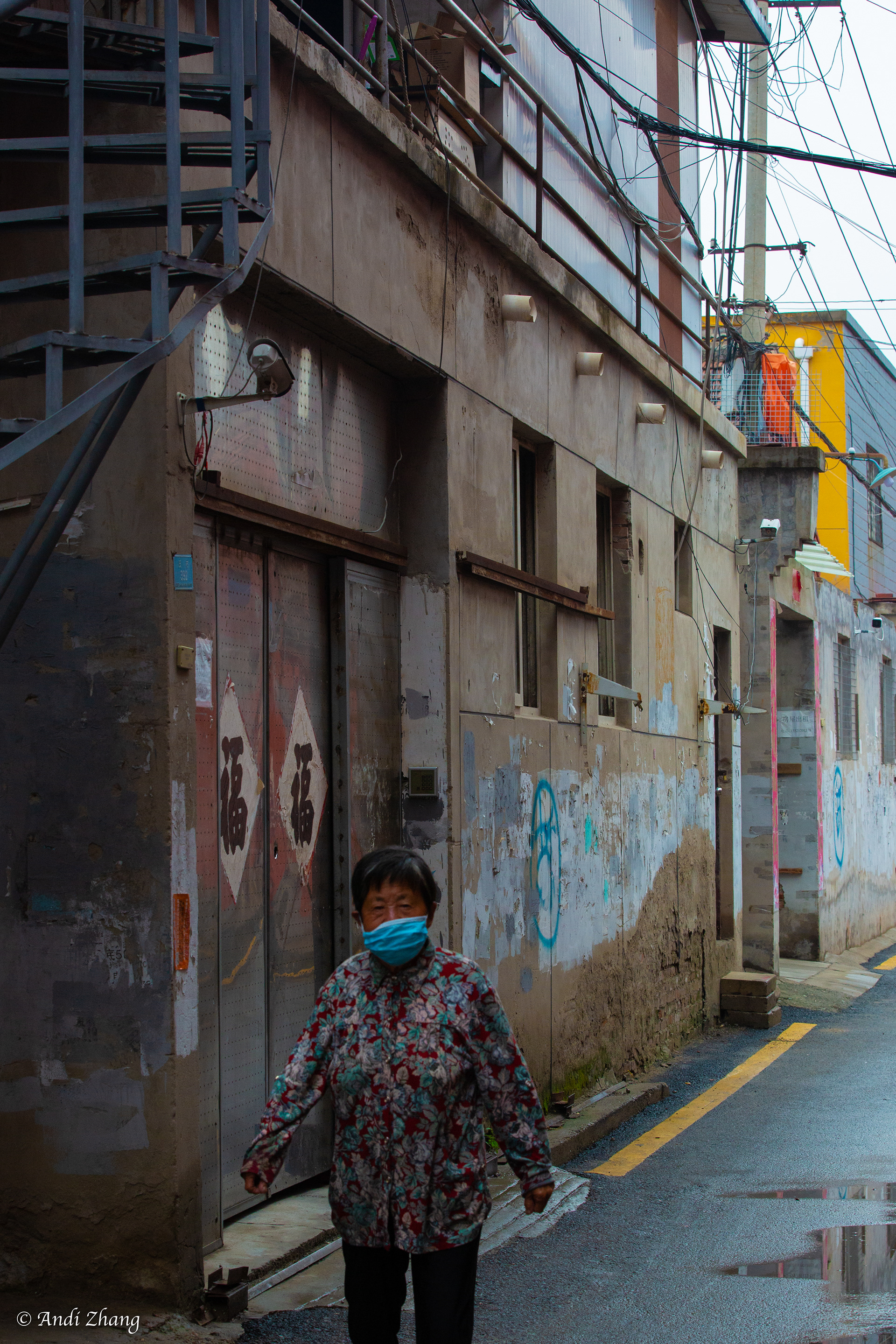
A woman is walking pass a dilapidated building. September 14, 2020.
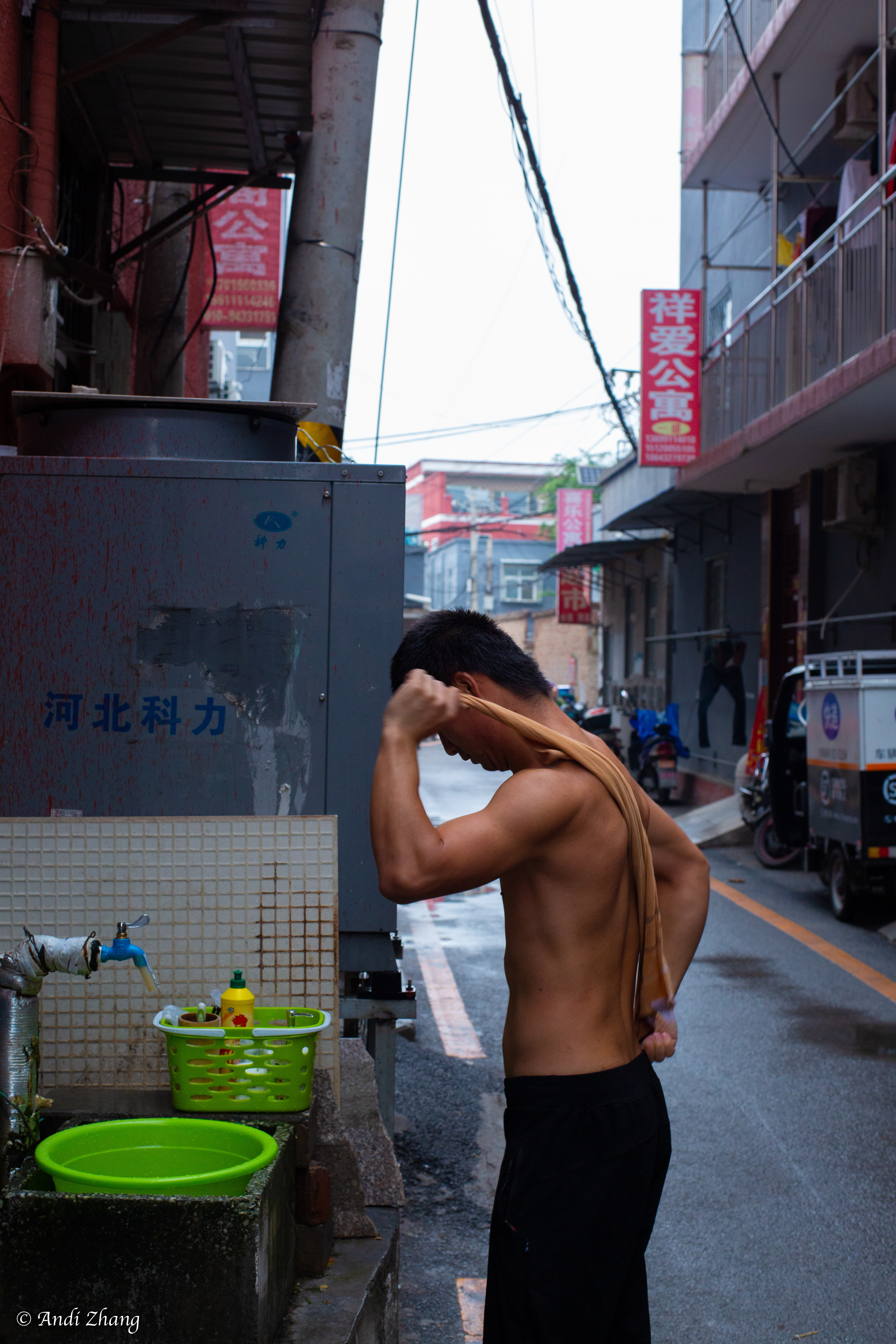
Outside an apartment building, a young man is taking a bath by the road. September 14, 2020.
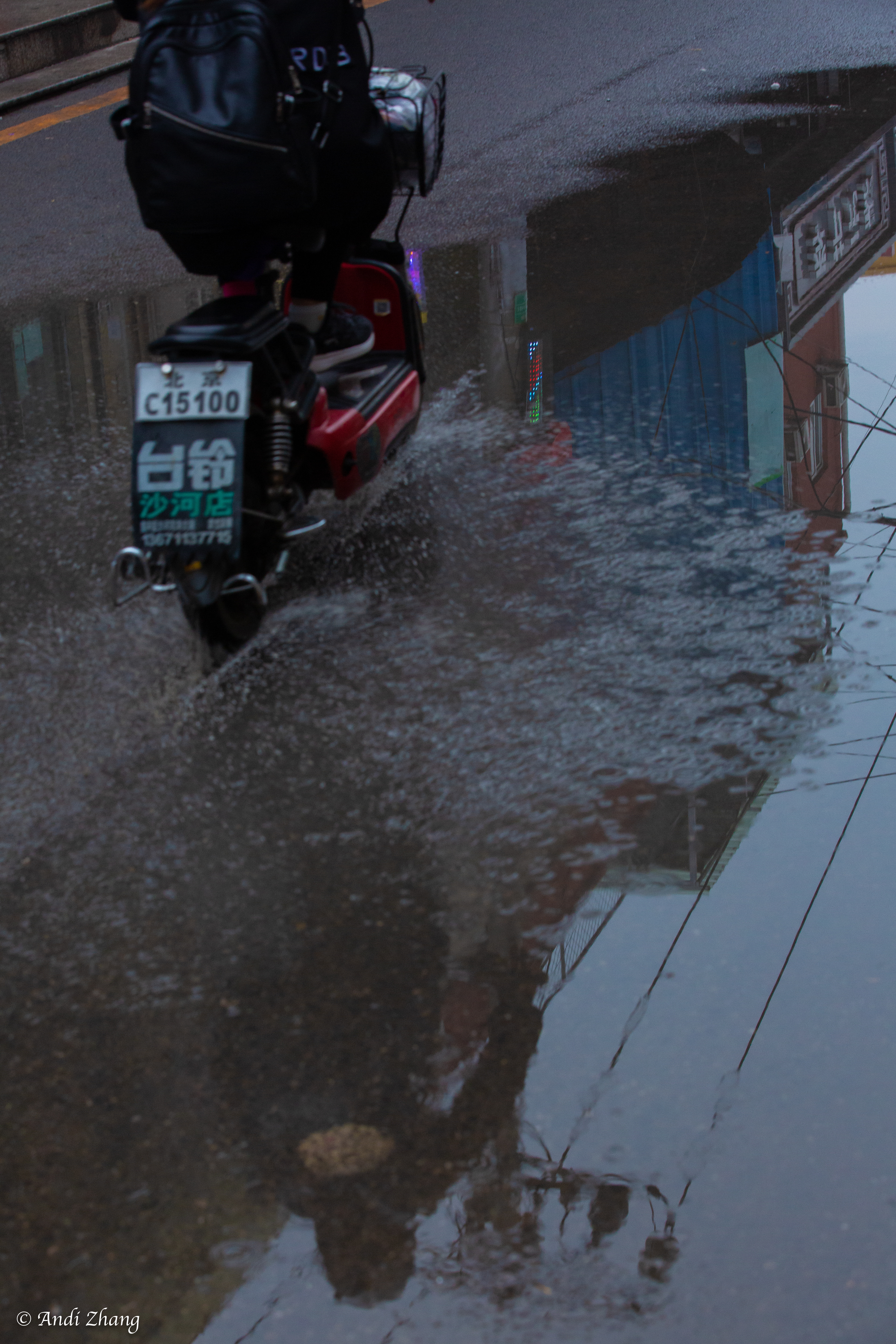
An electric bike passing a puddle. September 14, 2020.
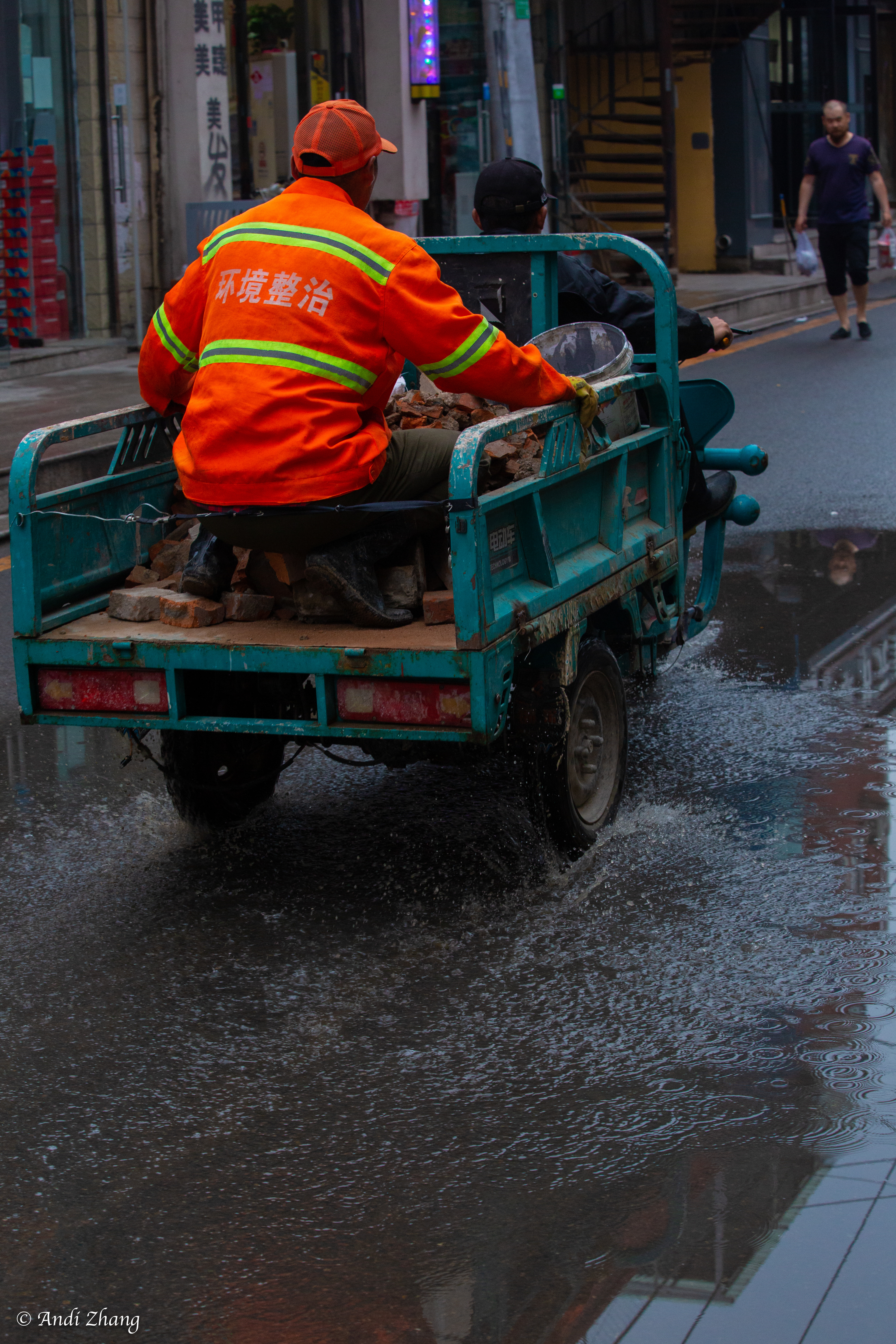
An electric tricycle passing the puddle. September 14, 2020.
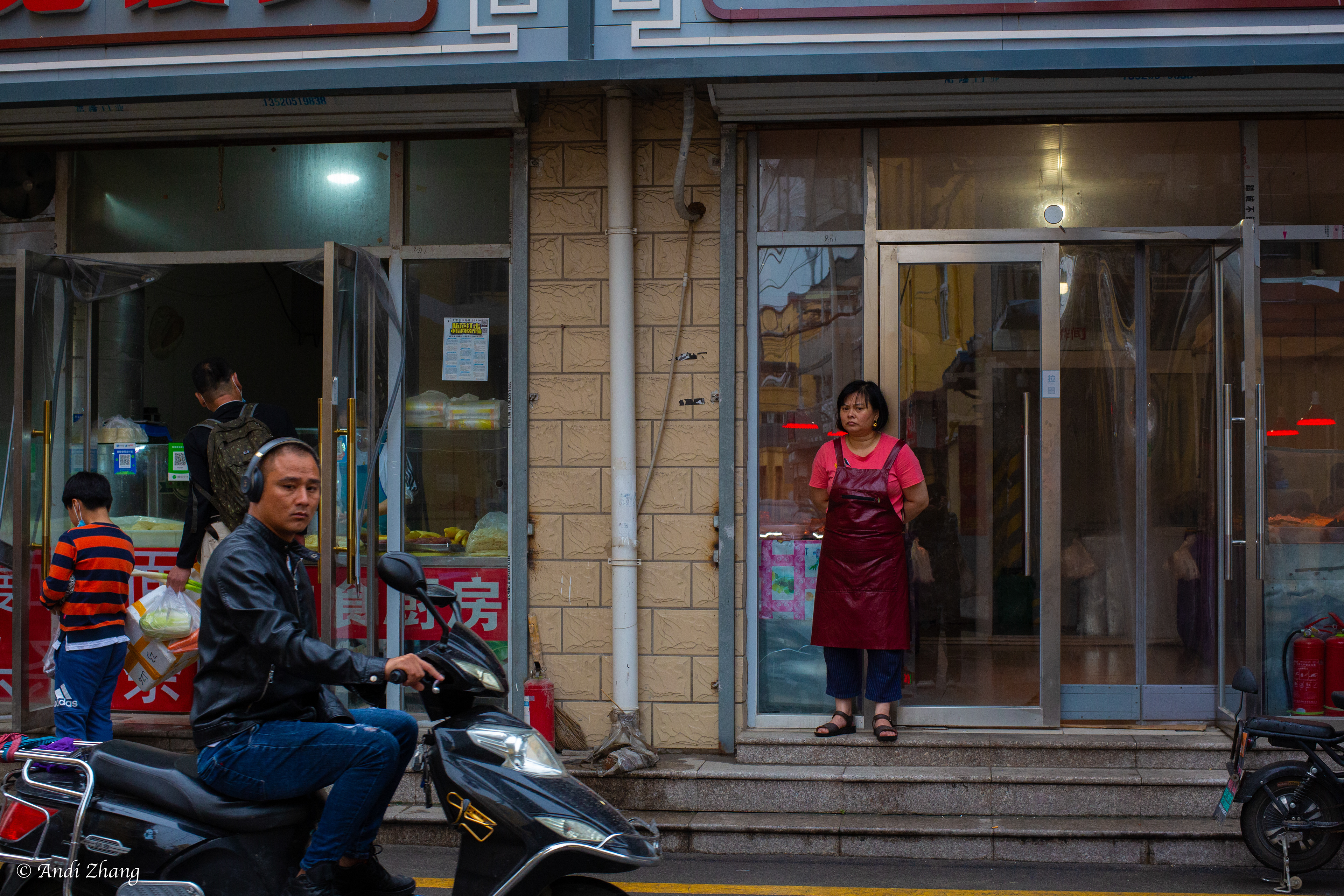
A woman from the meat shop and a man passing by, downtown Picun. September 14, 2020.
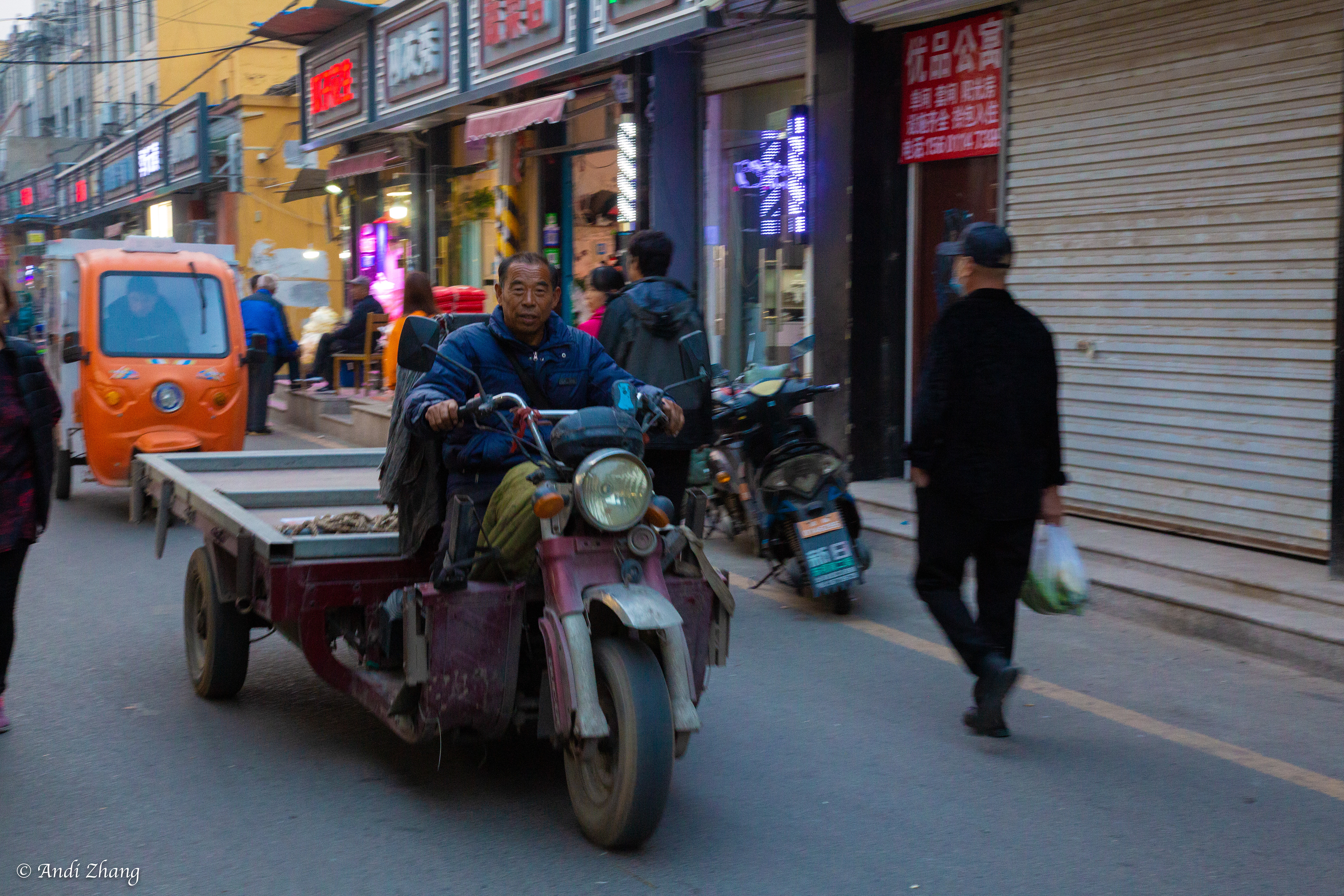
A man on the tractor, downtown Picun. September 14, 2020.
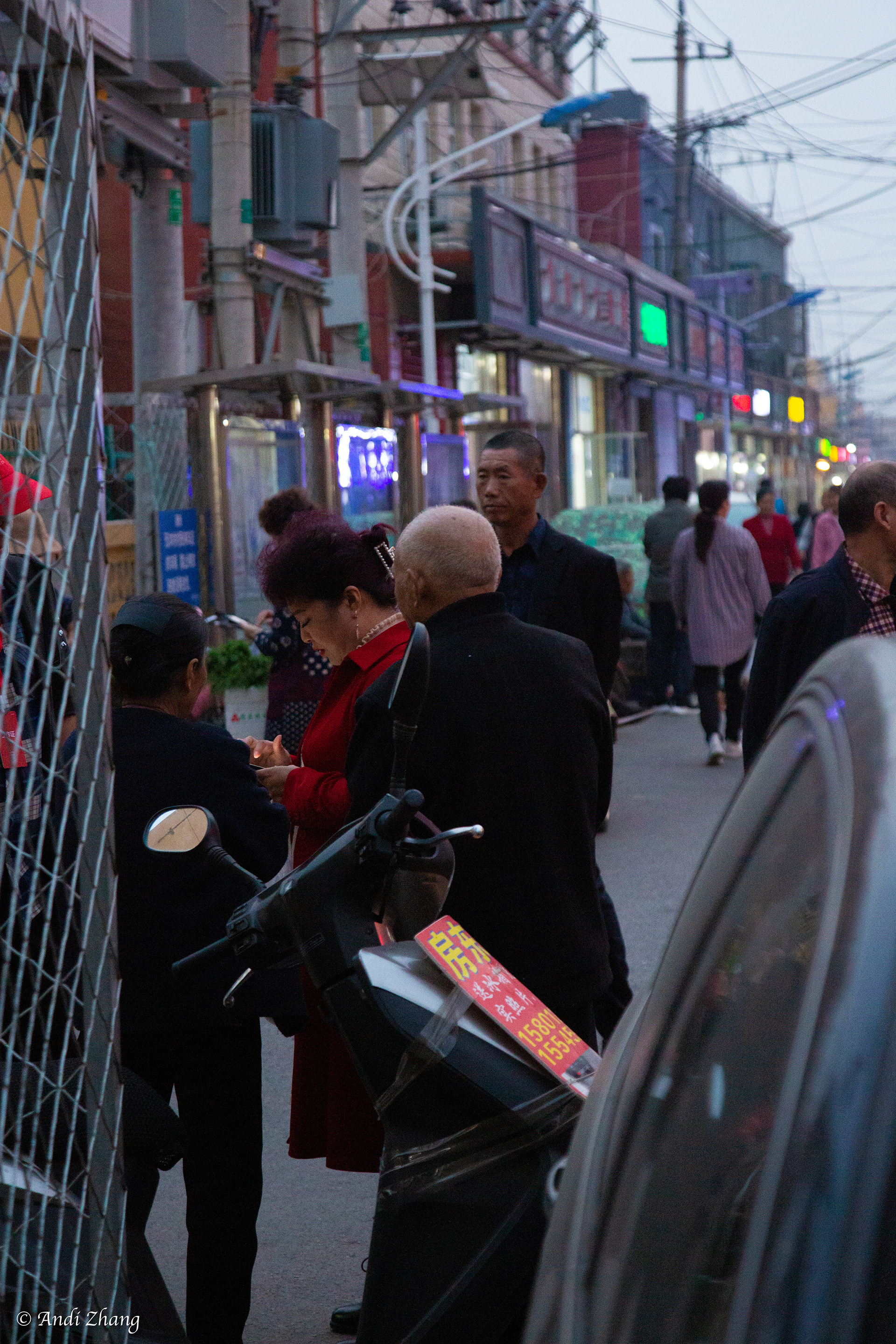
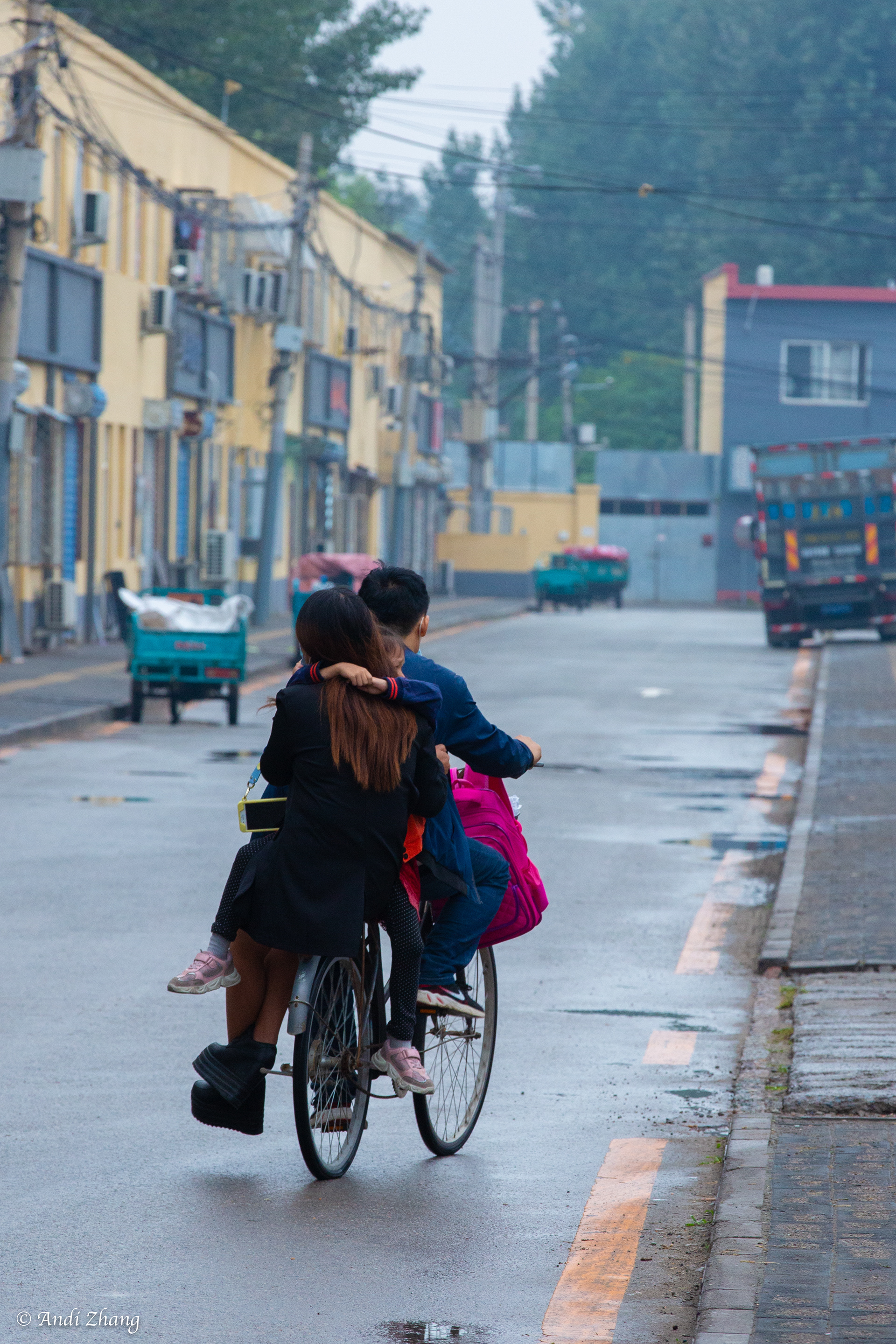
A family on the bike. September 14, 2020.
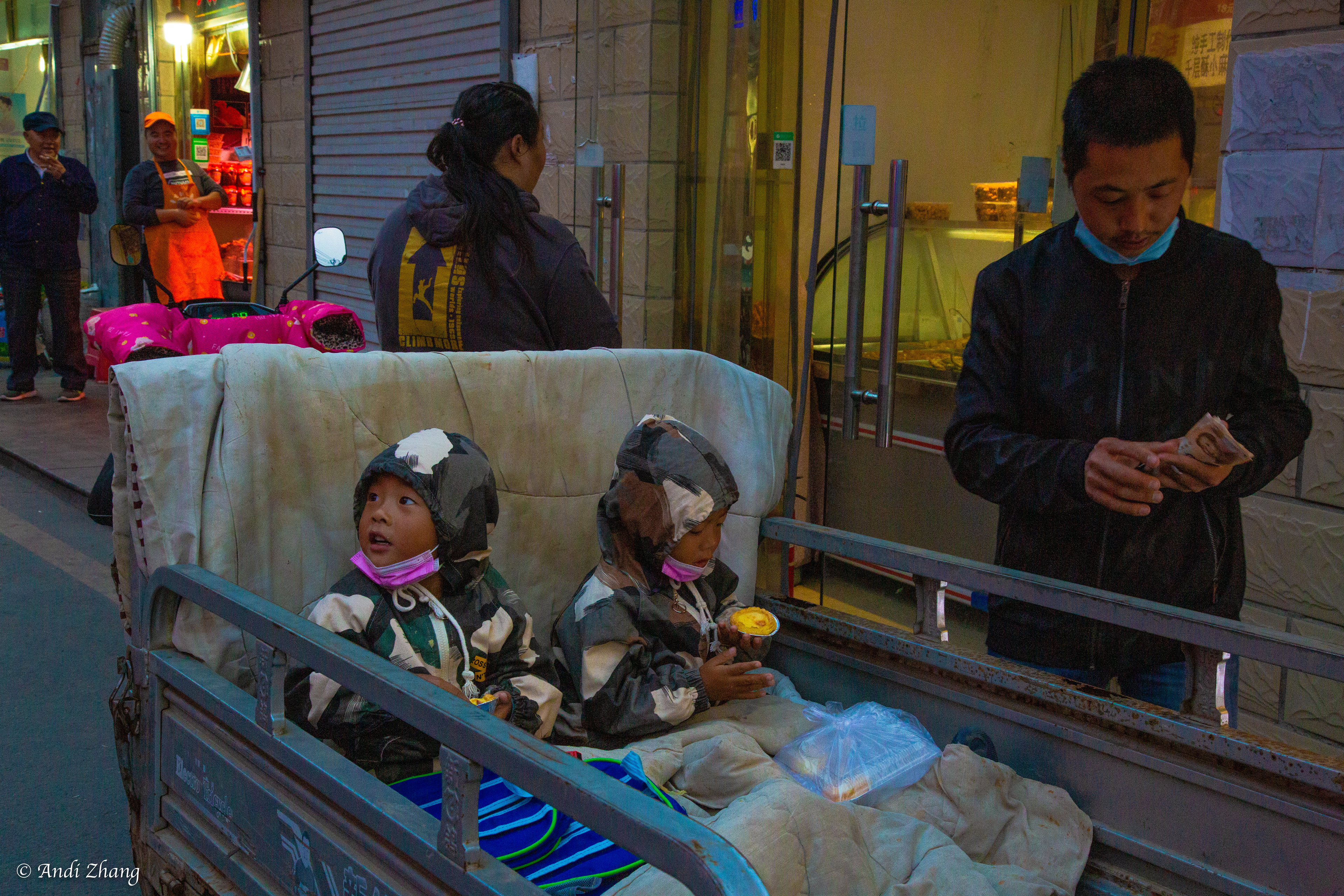
The father of the twins are buying food for his children. October 10, 2020.
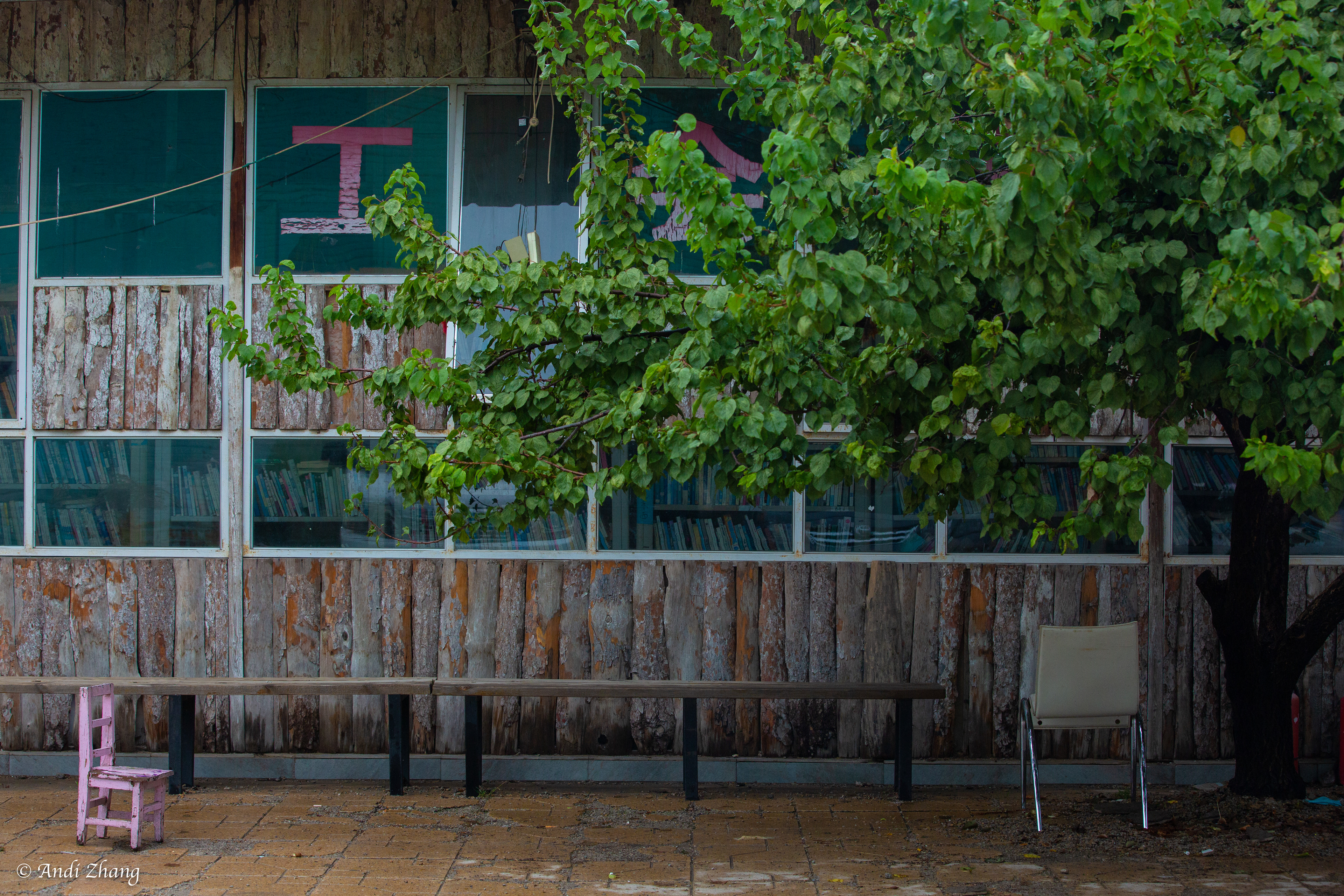
The yard of the Home of Migrant Workers. The characters put up on the window means “labor union”. September 26, 2020.
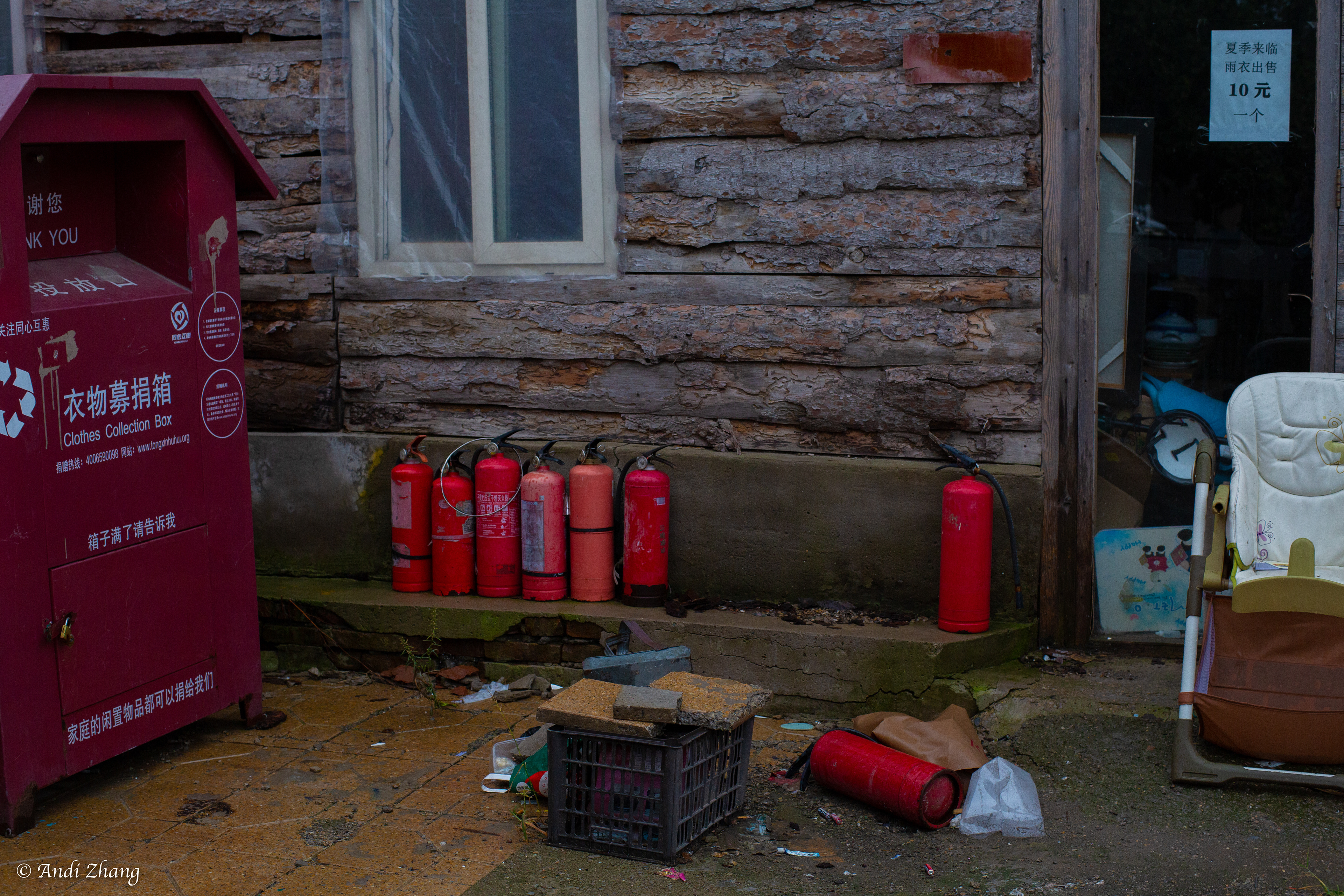
The fire fighting equipment in the yard of The Home of Migrant Workers. September 26, 2020.
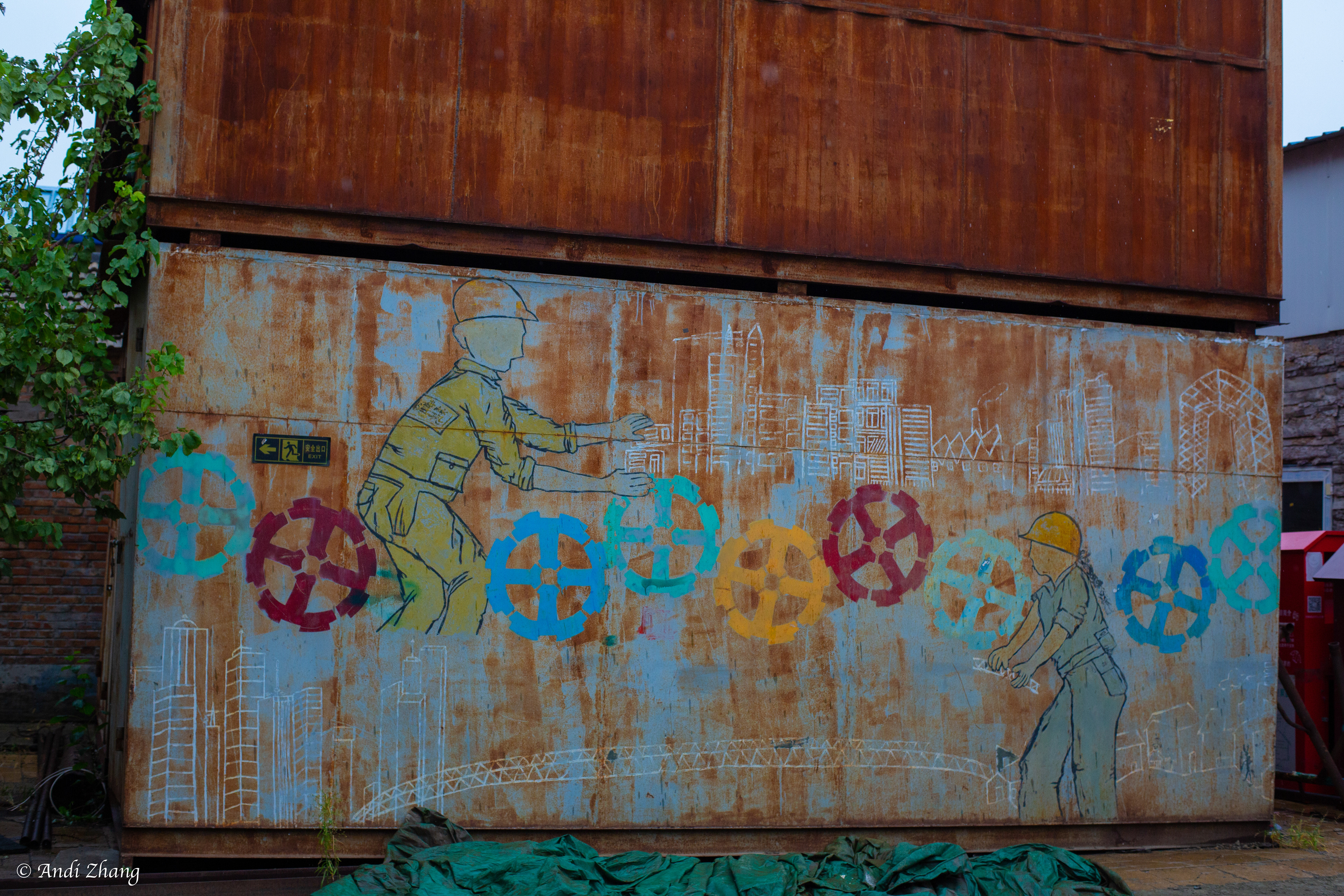
Inside the yard of The Home of Migrant Workers. September 26, 2020.
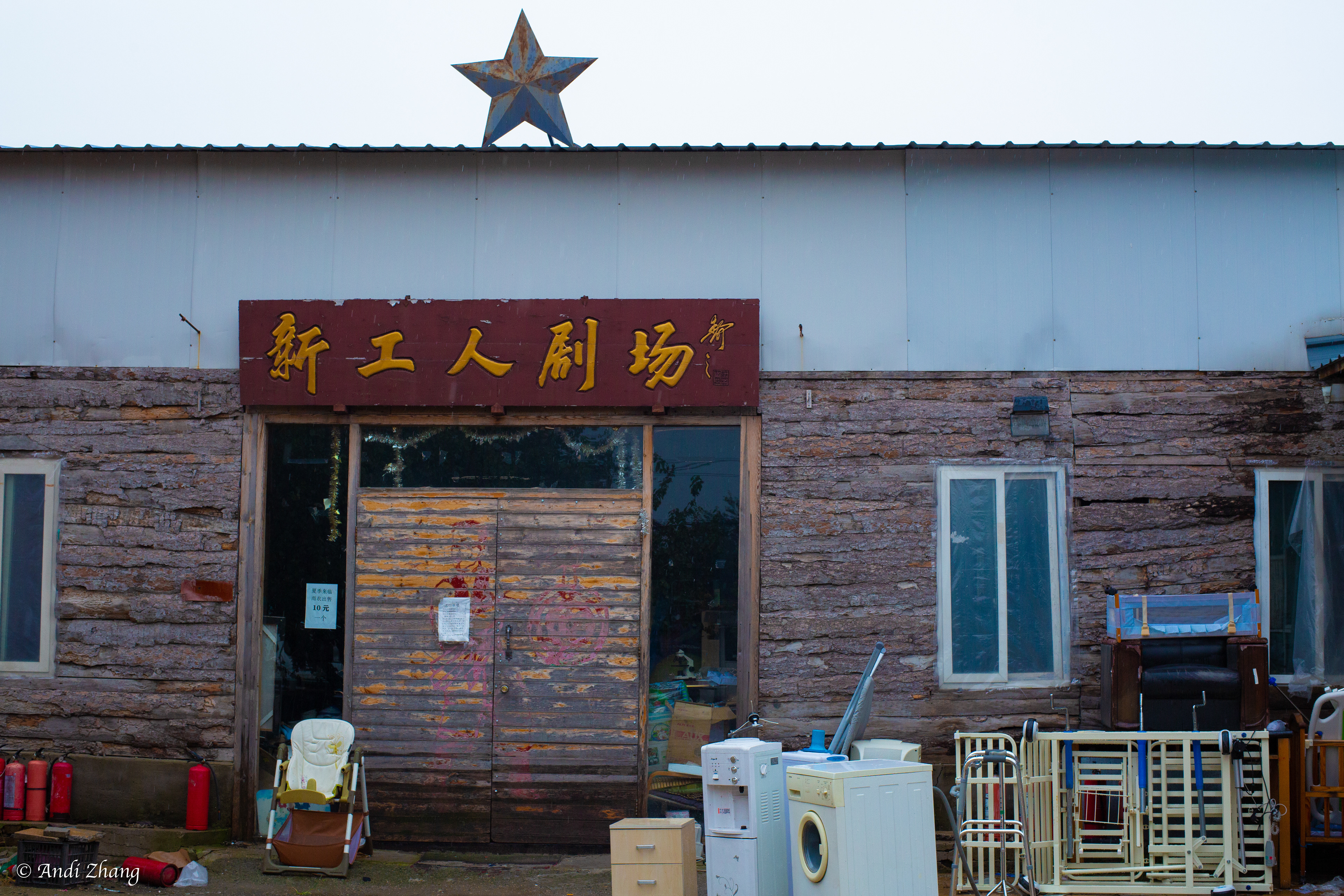
The New Workers’ Theater, in the yard of the Home of Migrant Workers, hasn’t open for long, since the pandemic of COVID-19. September 26, 2020.
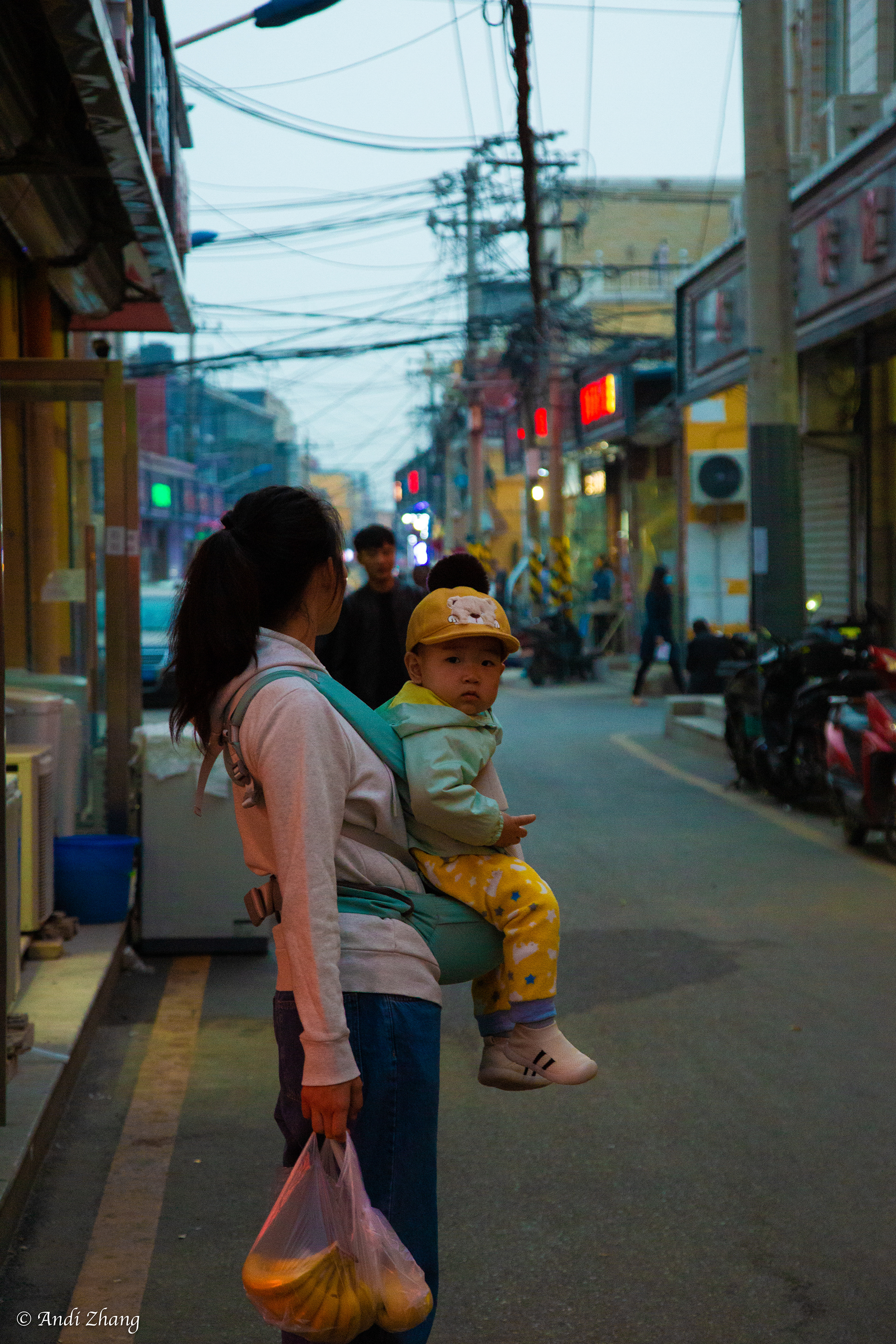
Night falls. A mother with her baby. September 26, 2020.
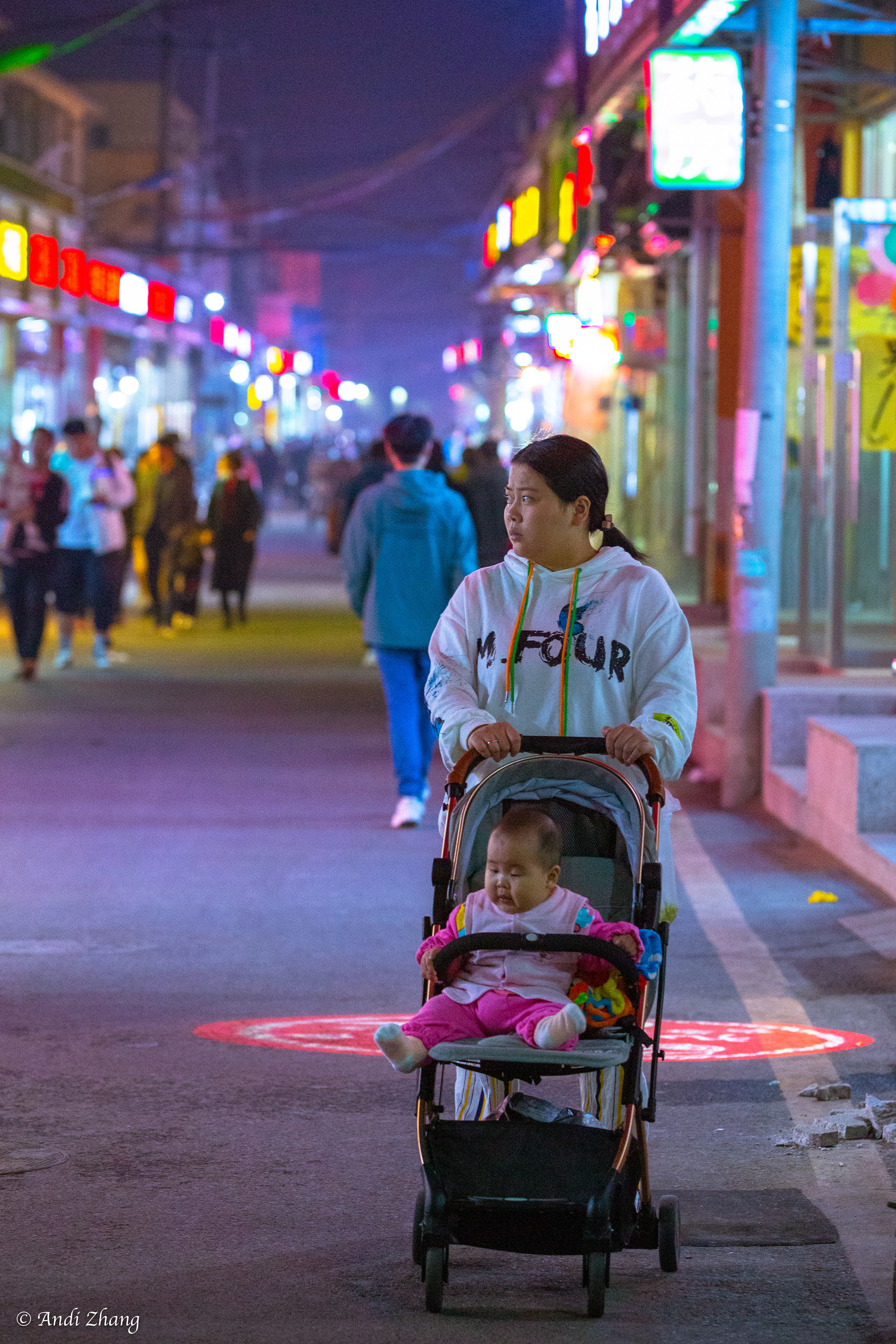
Into the night. A mother pushing the baby stroller. October 10, 2020.
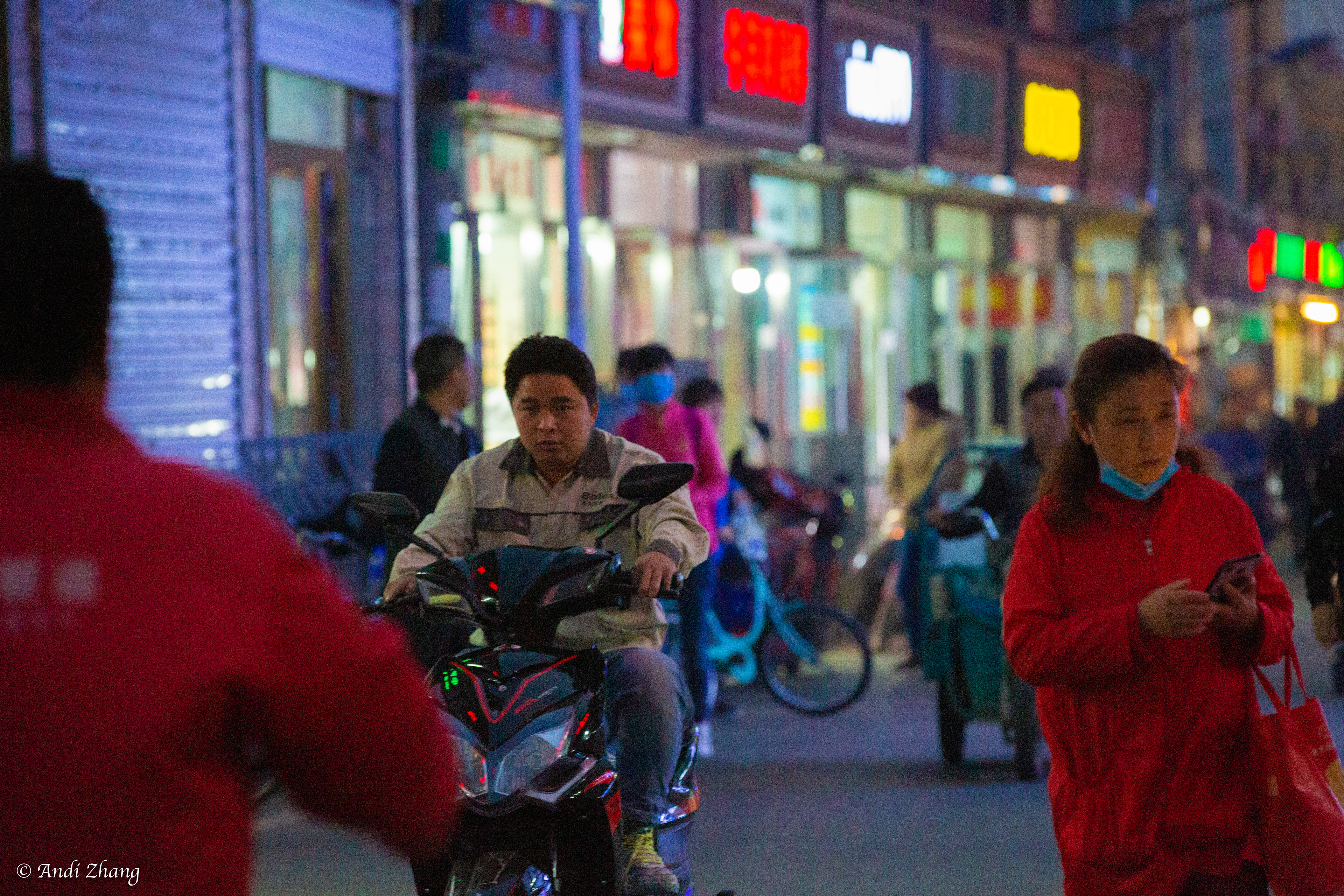
Passengers. October 10, 2020.
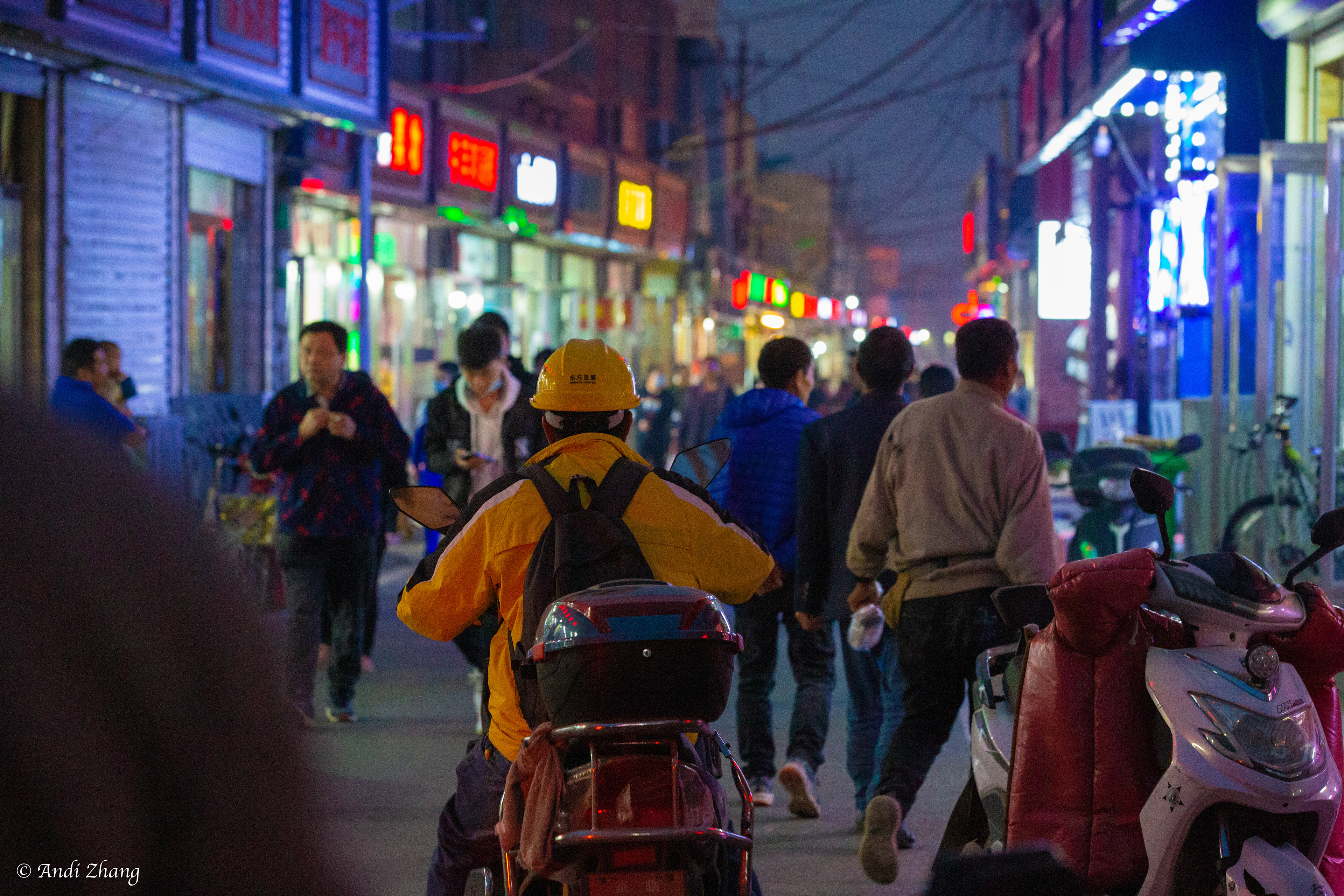
Passengers. October 10, 2020.
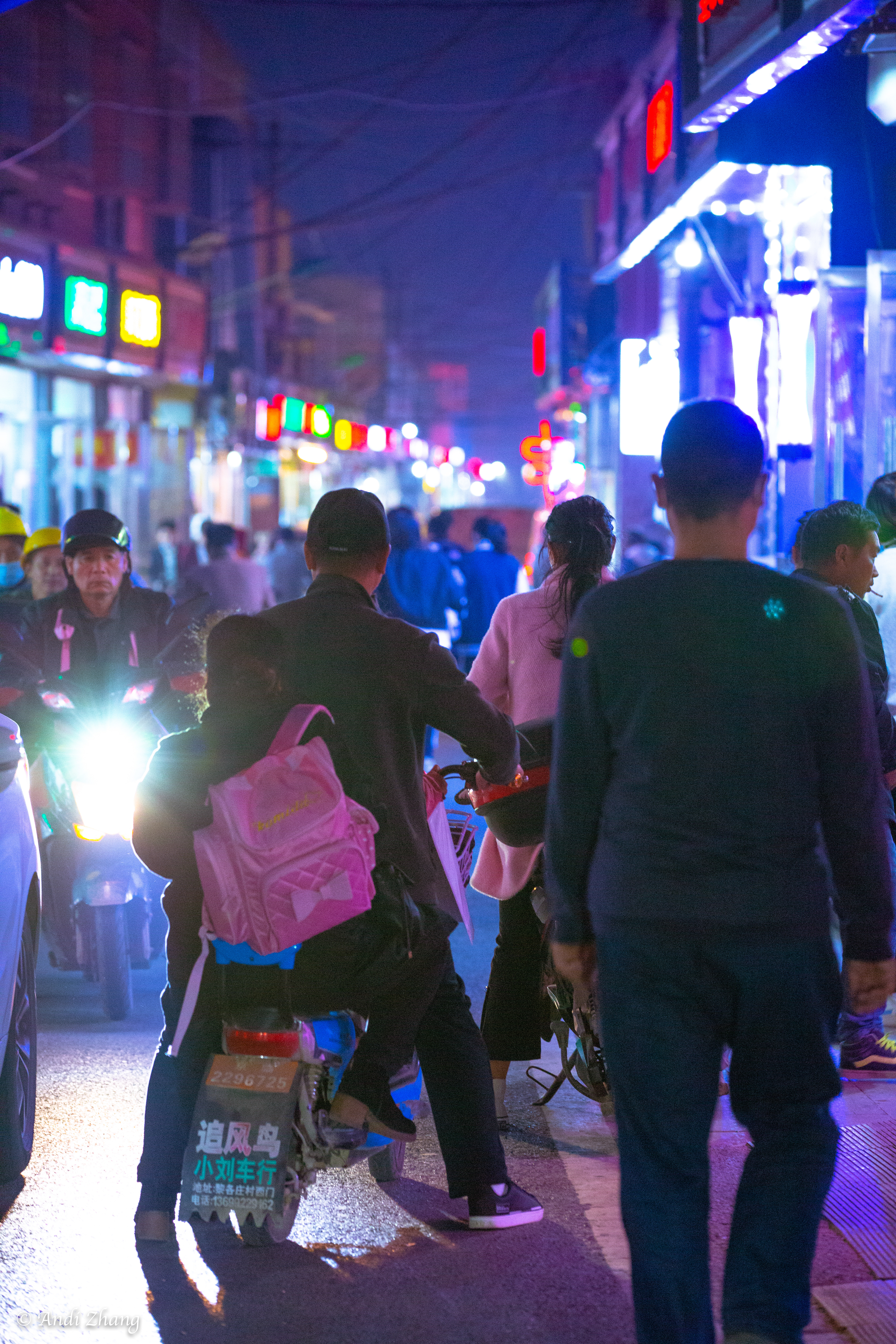
A family on the electric bike. October 10, 2020.
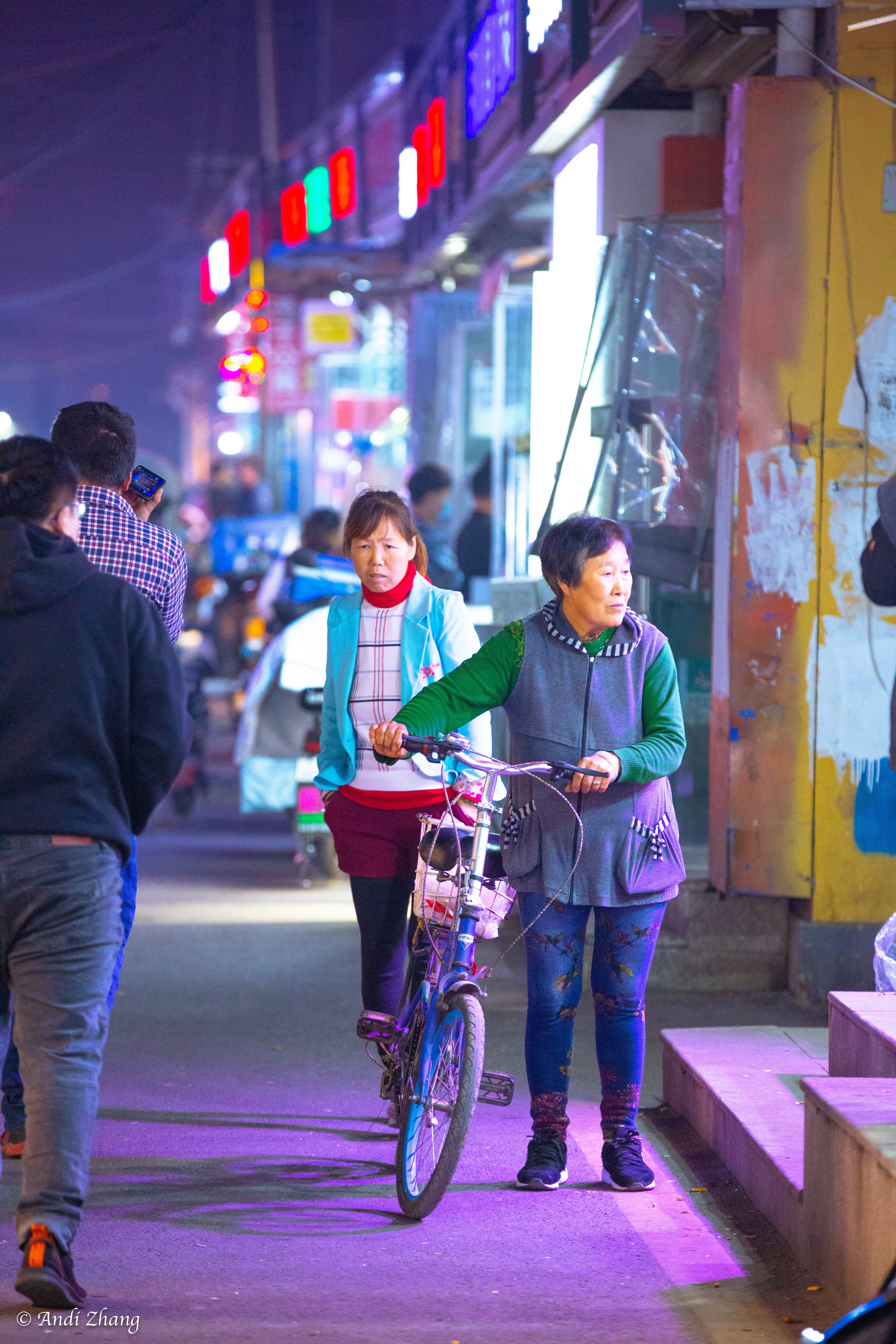
An old woman staring inside the shop. October 10, 2020.
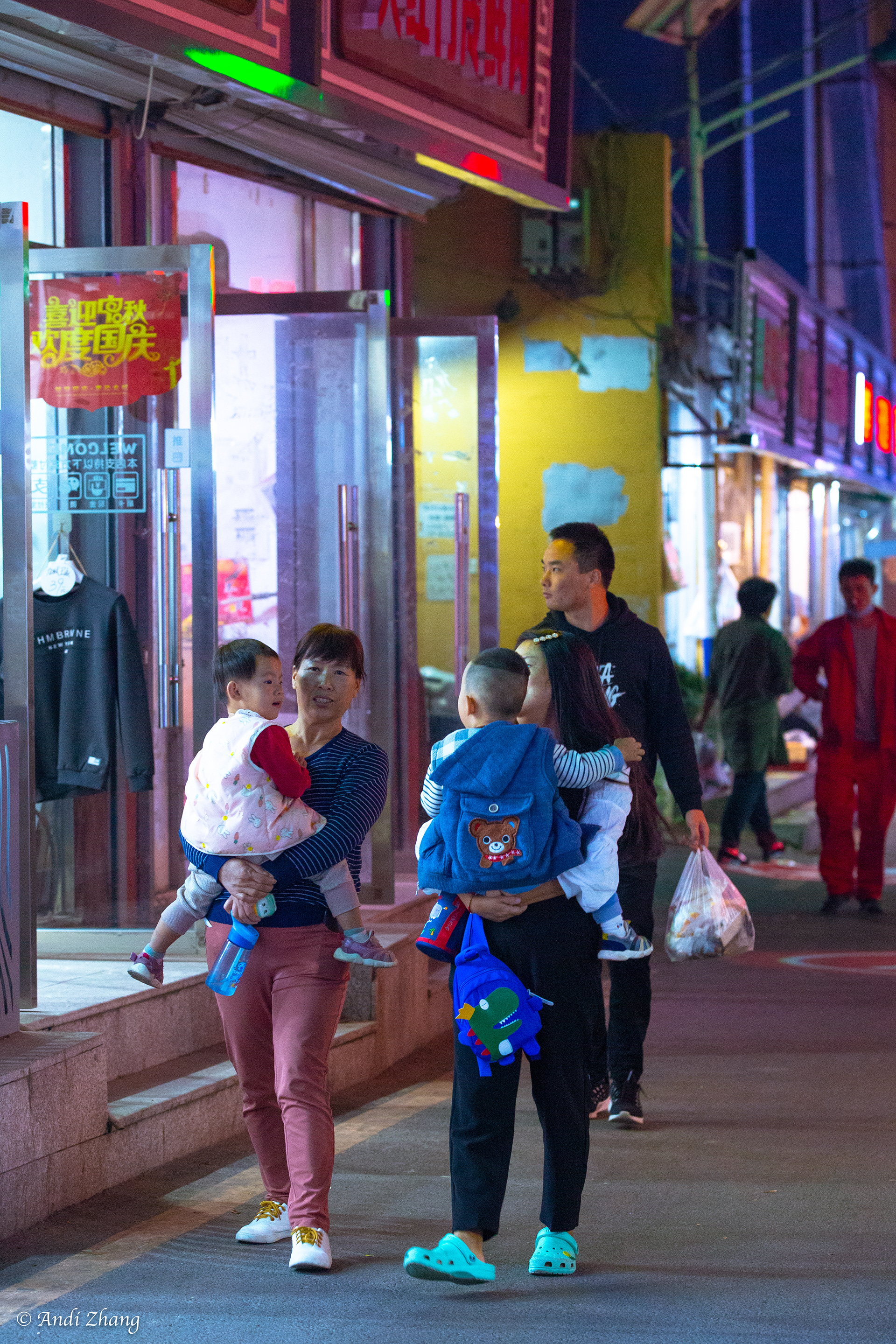
Two mothers holding their children. October 10, 2020.
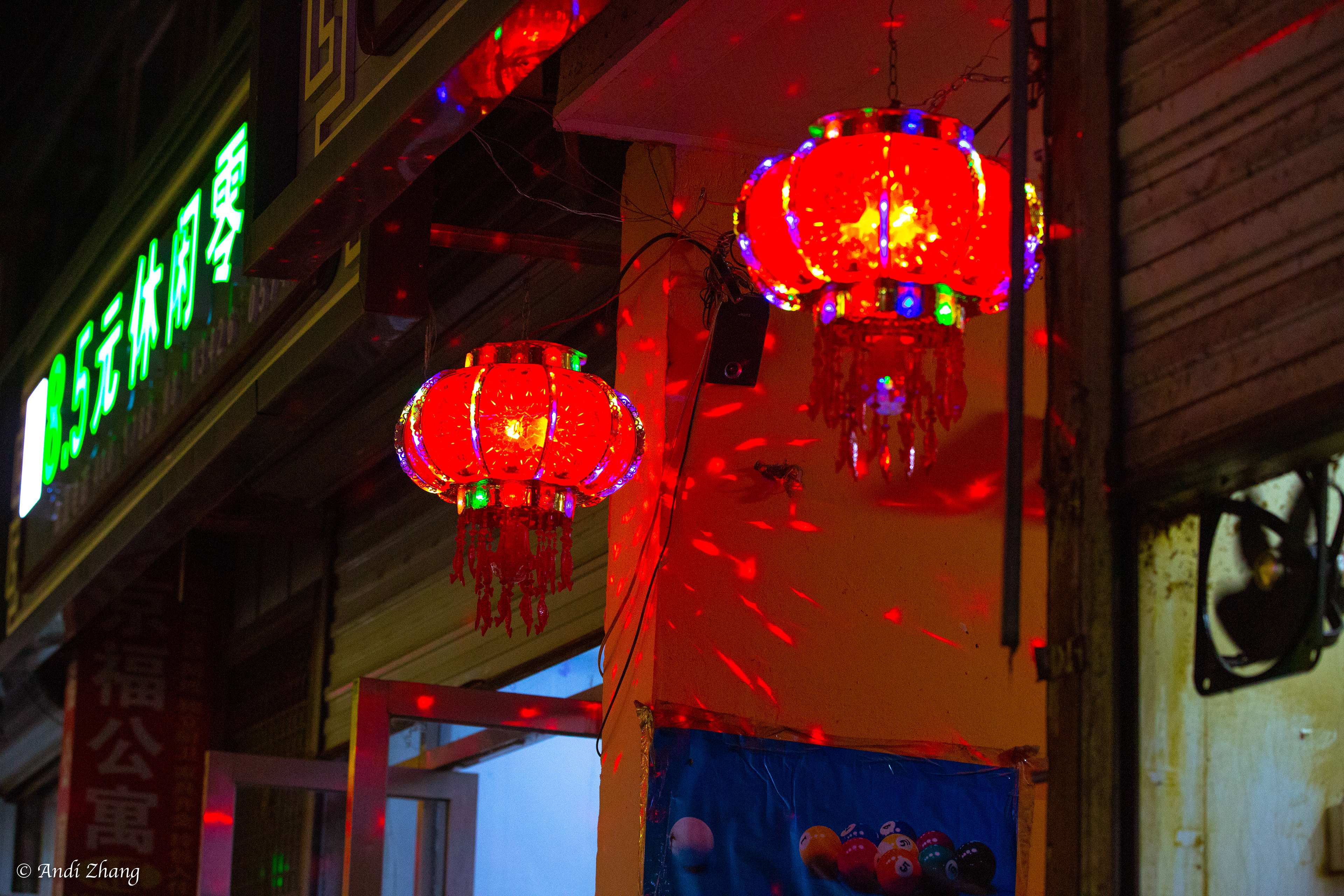
Lanterns. October 10, 2020.
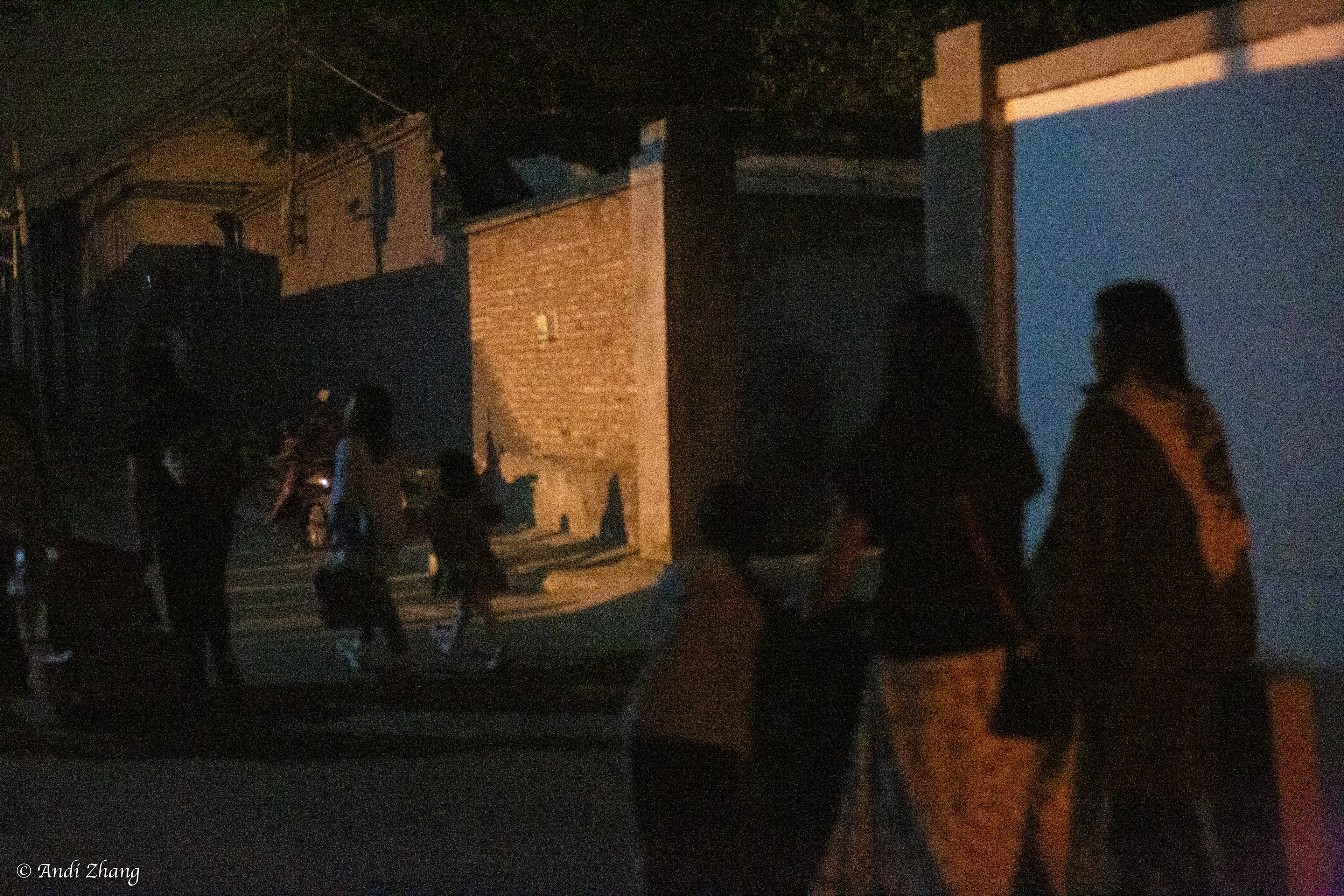
Women, surrounding by their kids, are walking towards the yard of The Home of Migrant Workers, where a fair and party for Mid Autumn Festival and National Day is held. September 26, 2020.
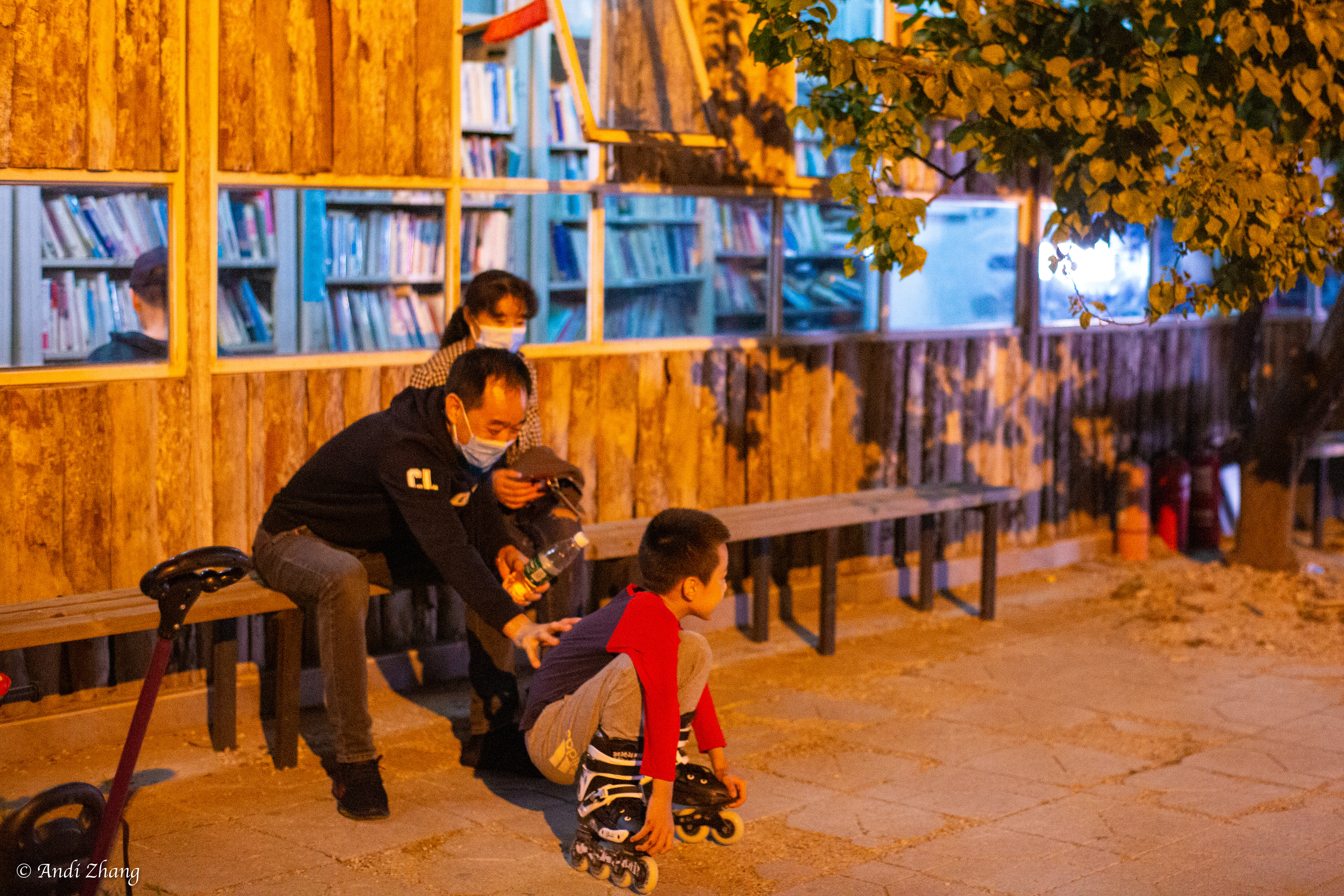
The fair. September 26, 2020.
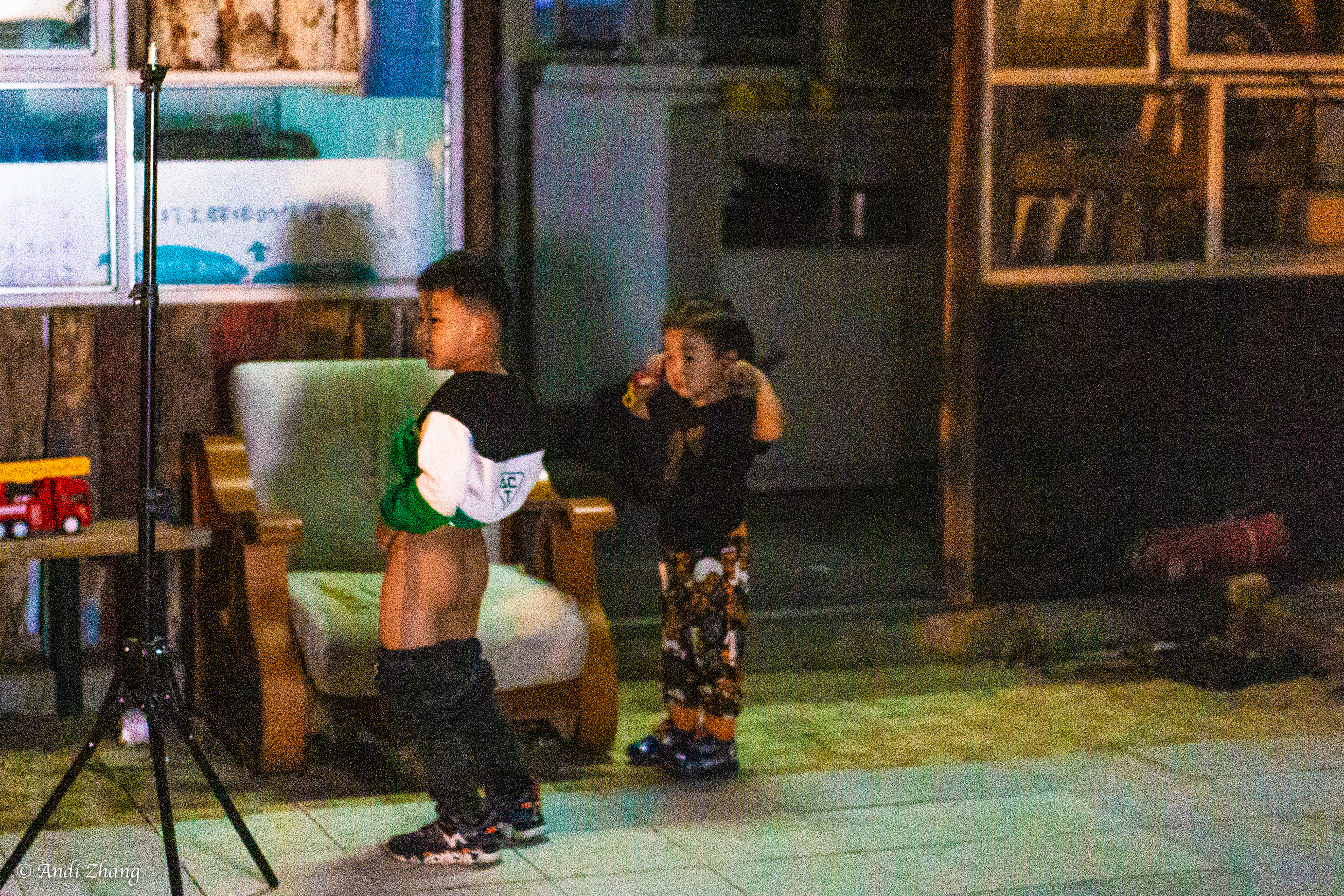
On the other side of the stage. September 26, 2020.
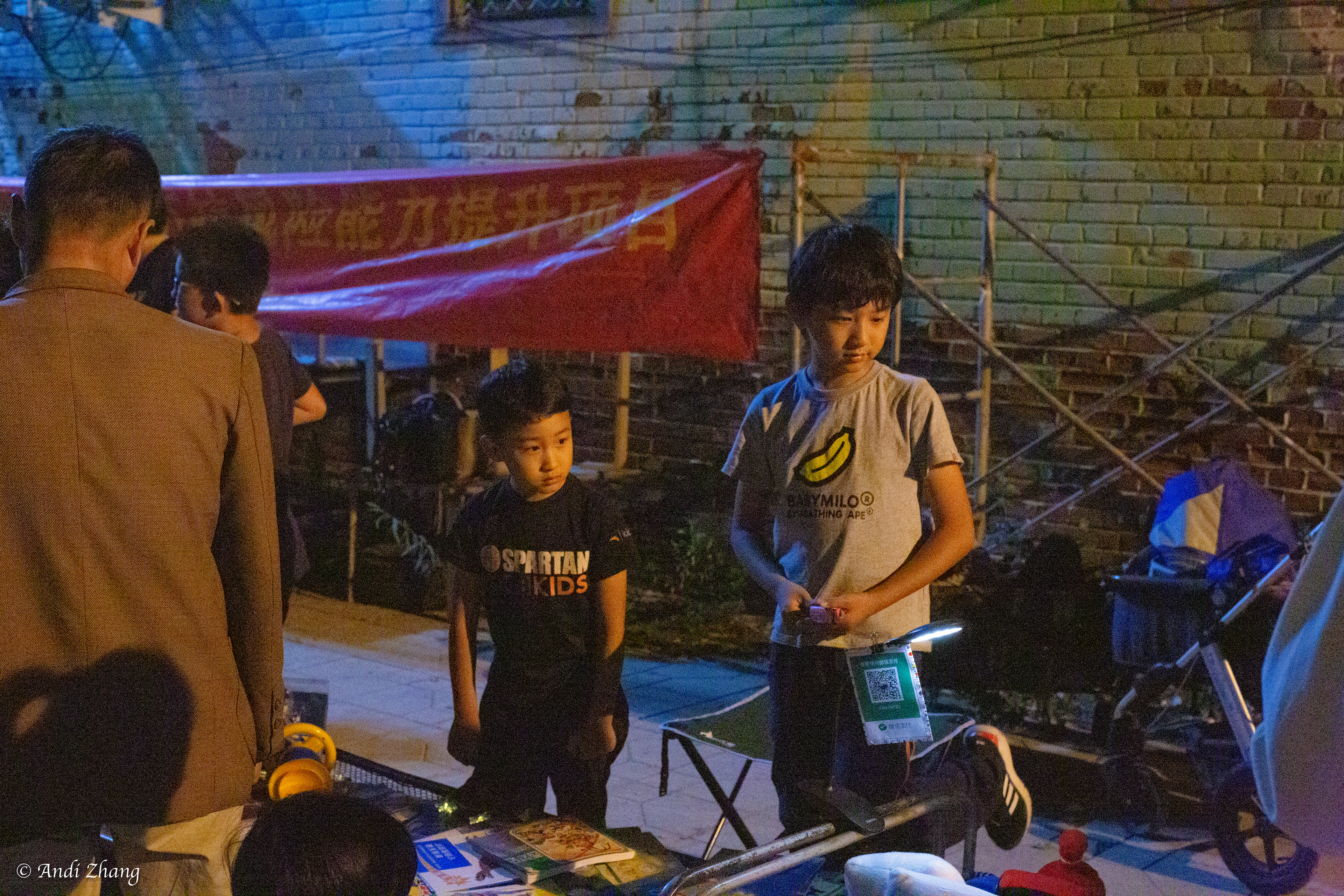
Children set up stalls themselves. September 26, 2020.
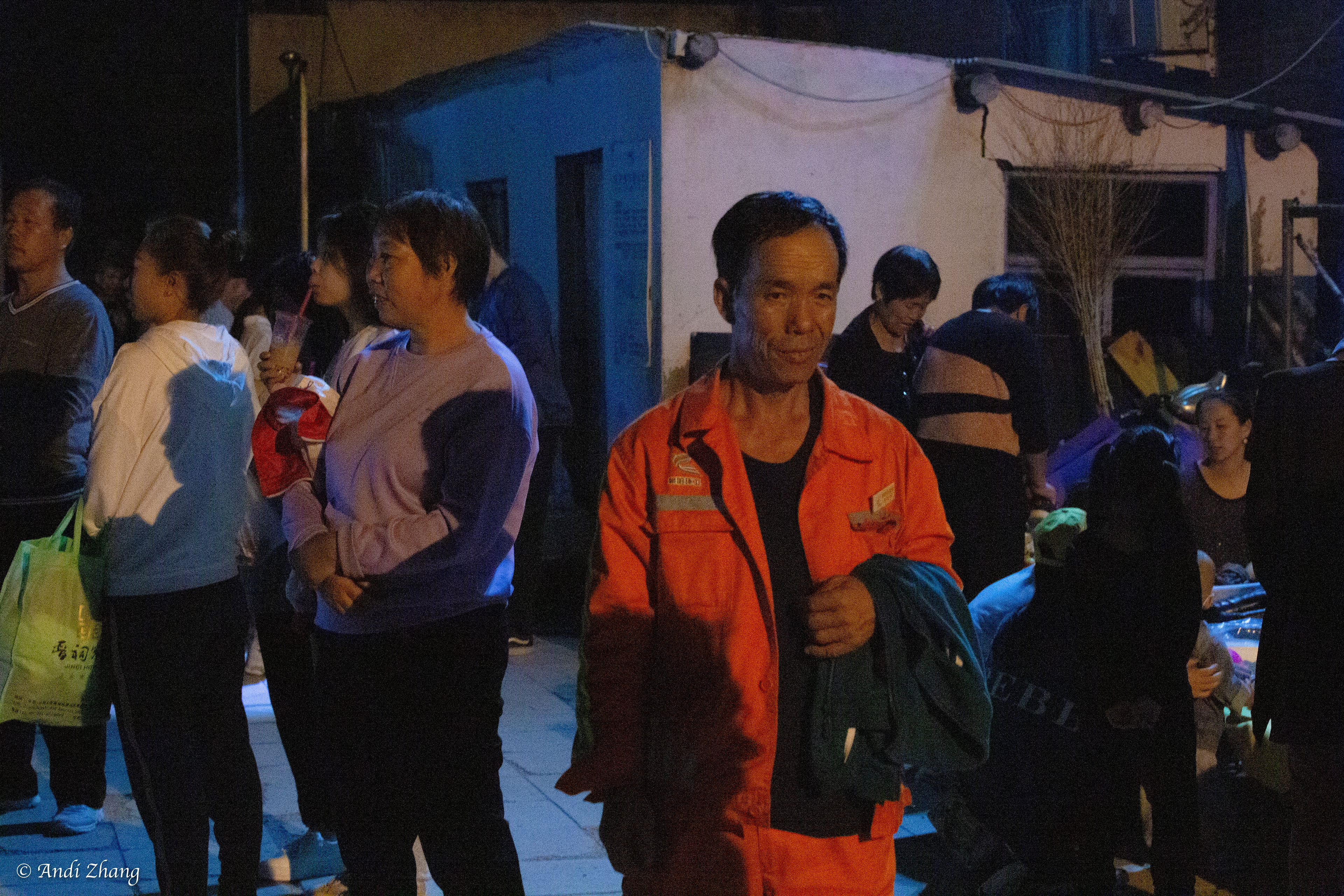
Villagers coming to the fair. September 26, 2020.
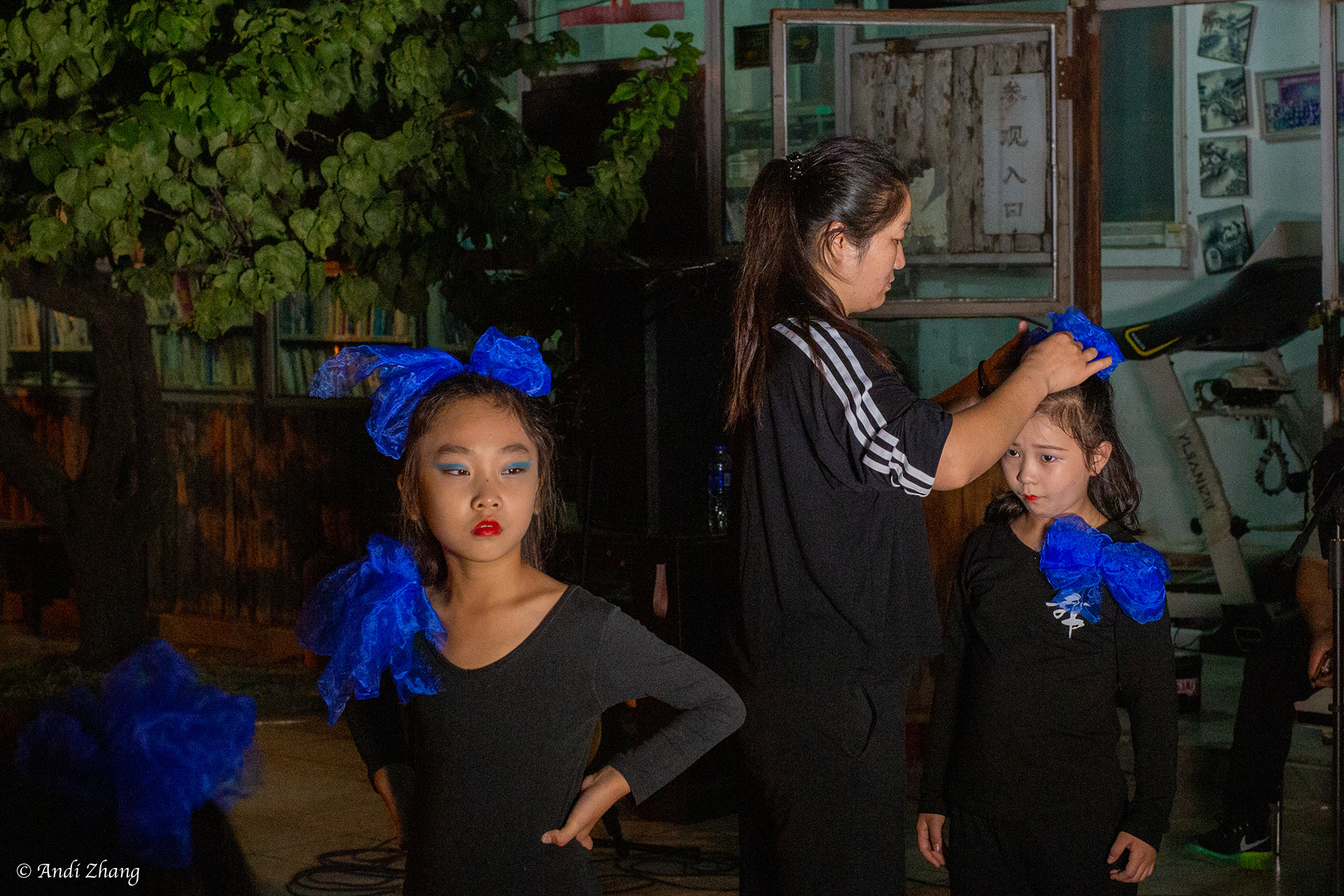
On the stage. September 26, 2020.
